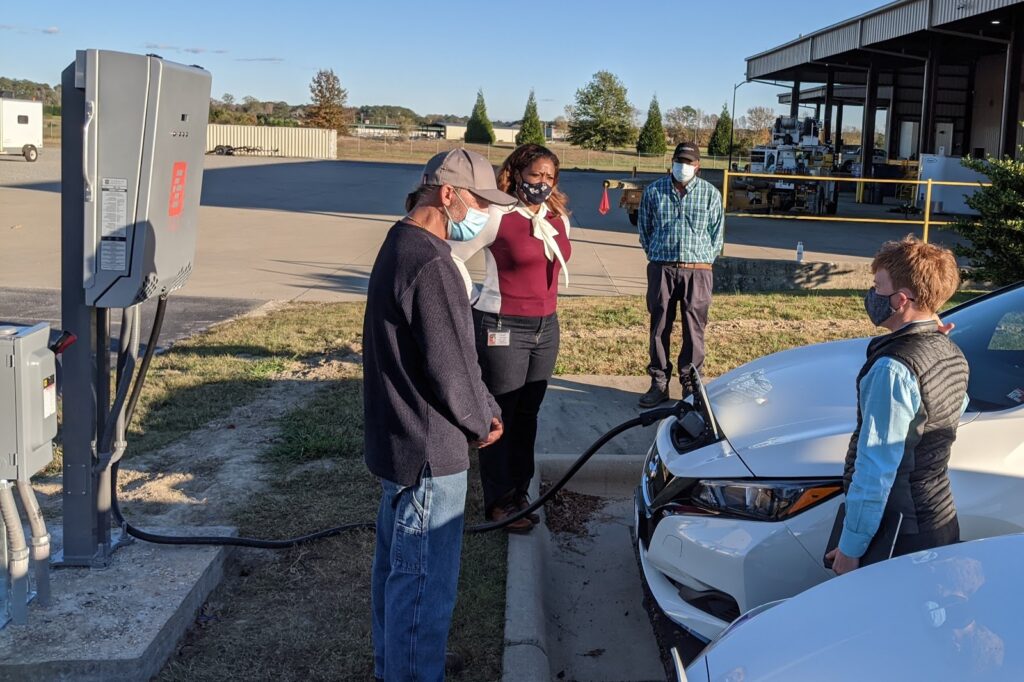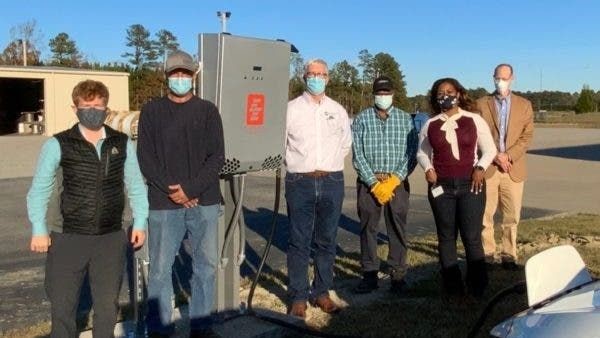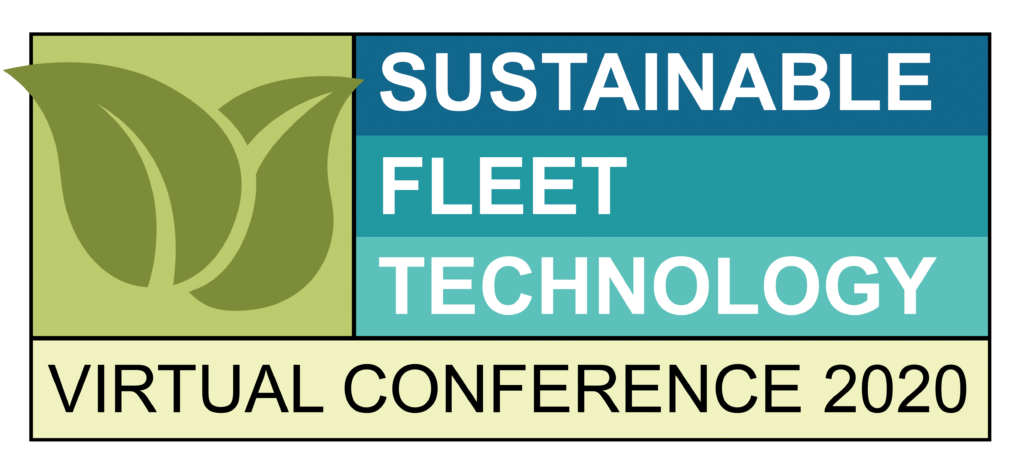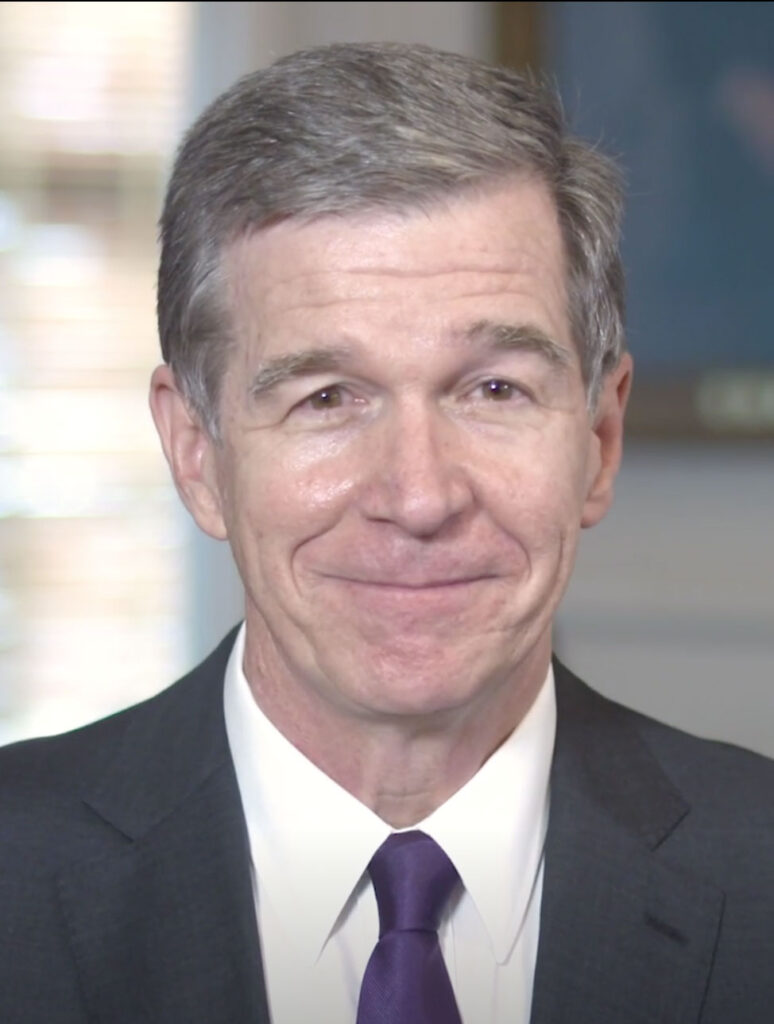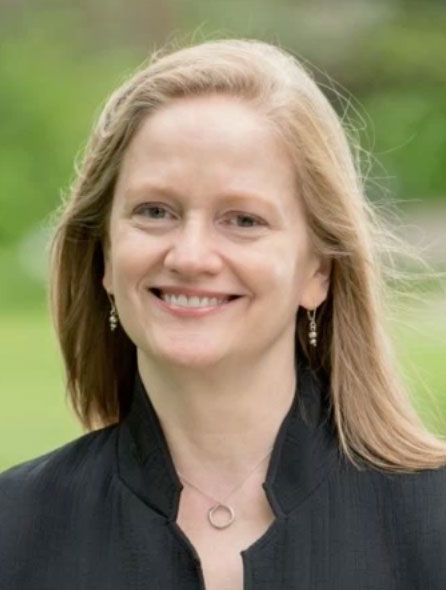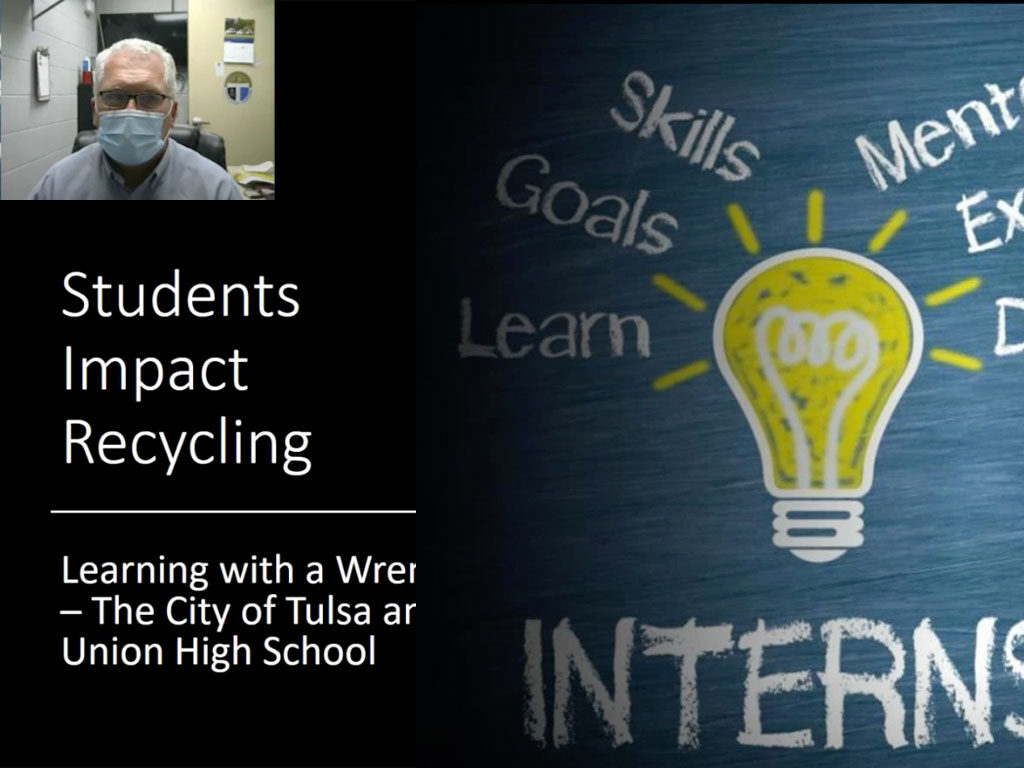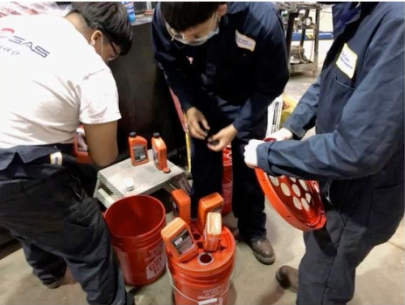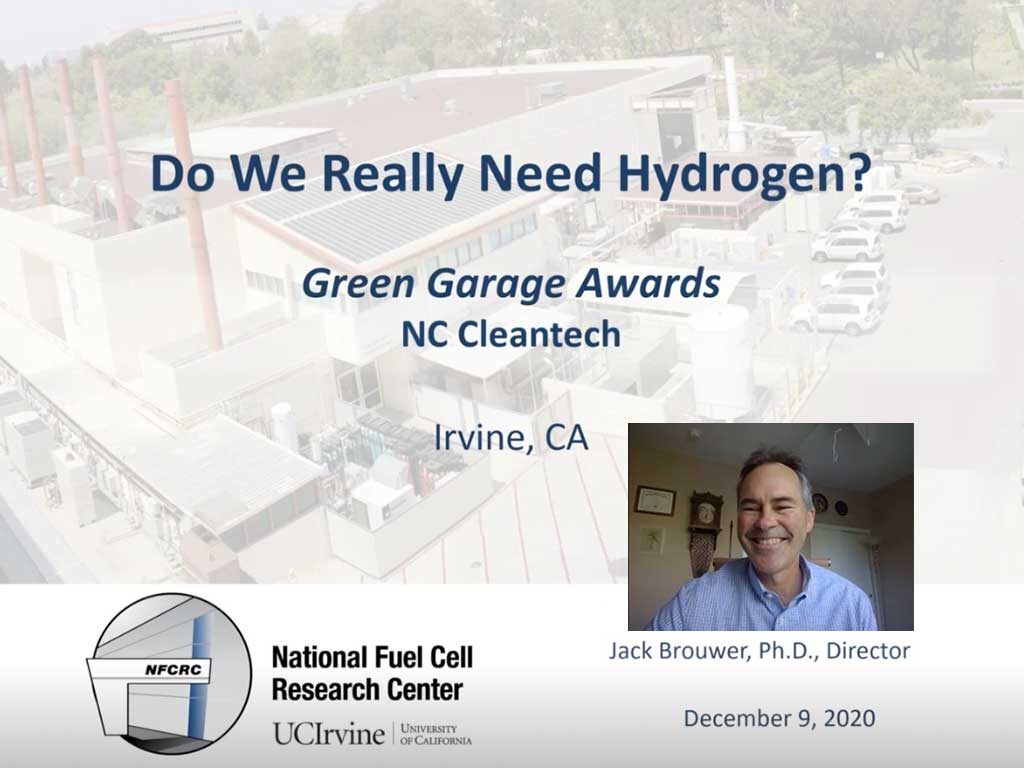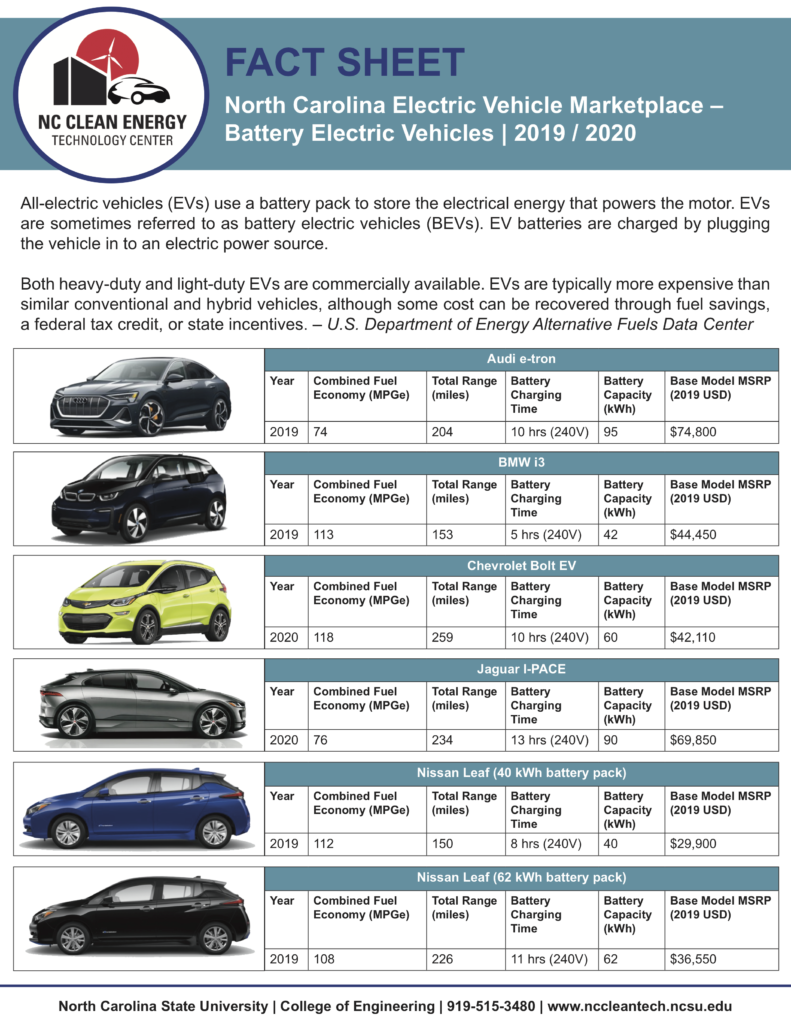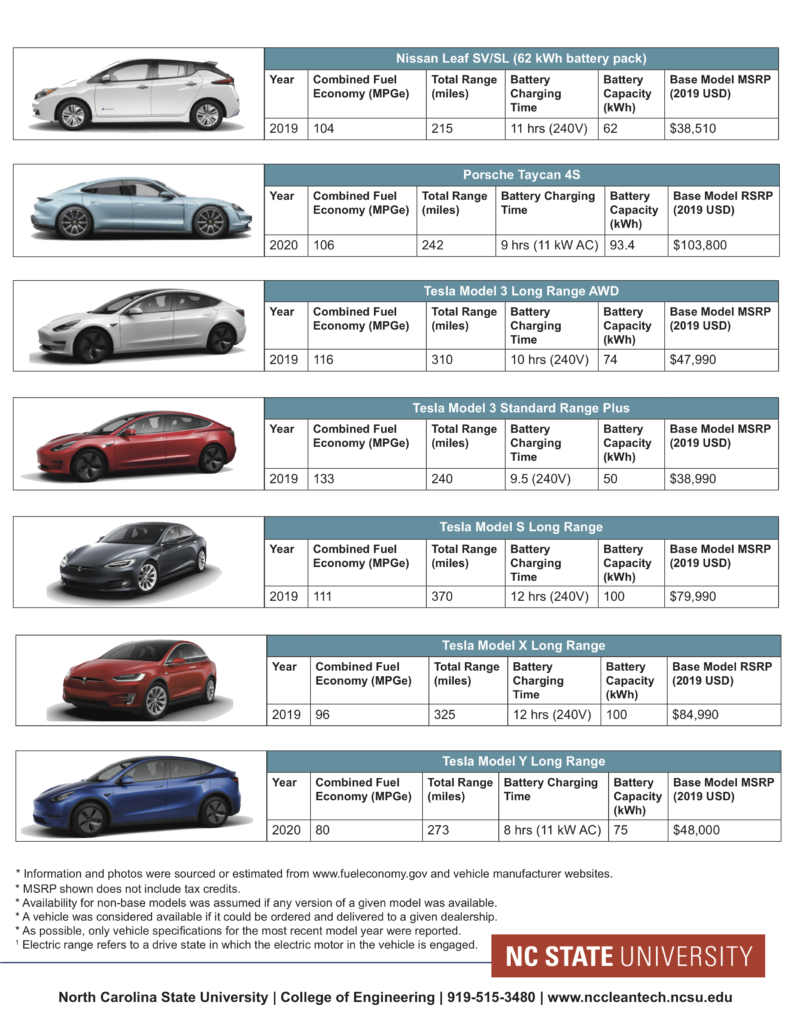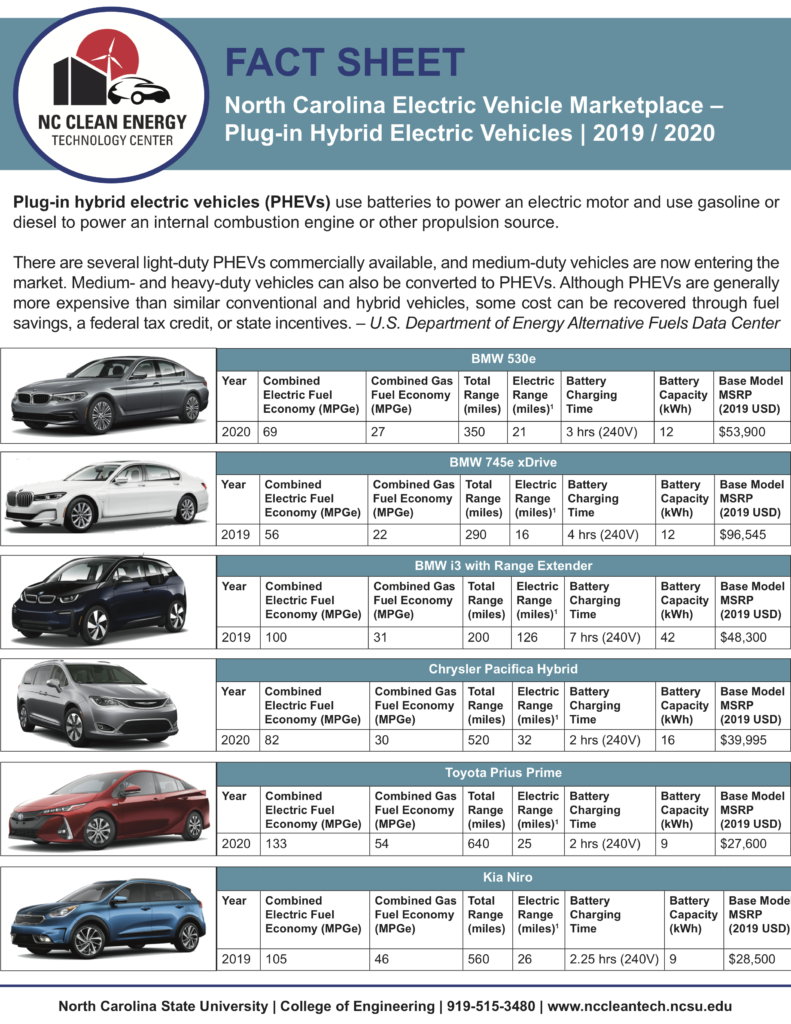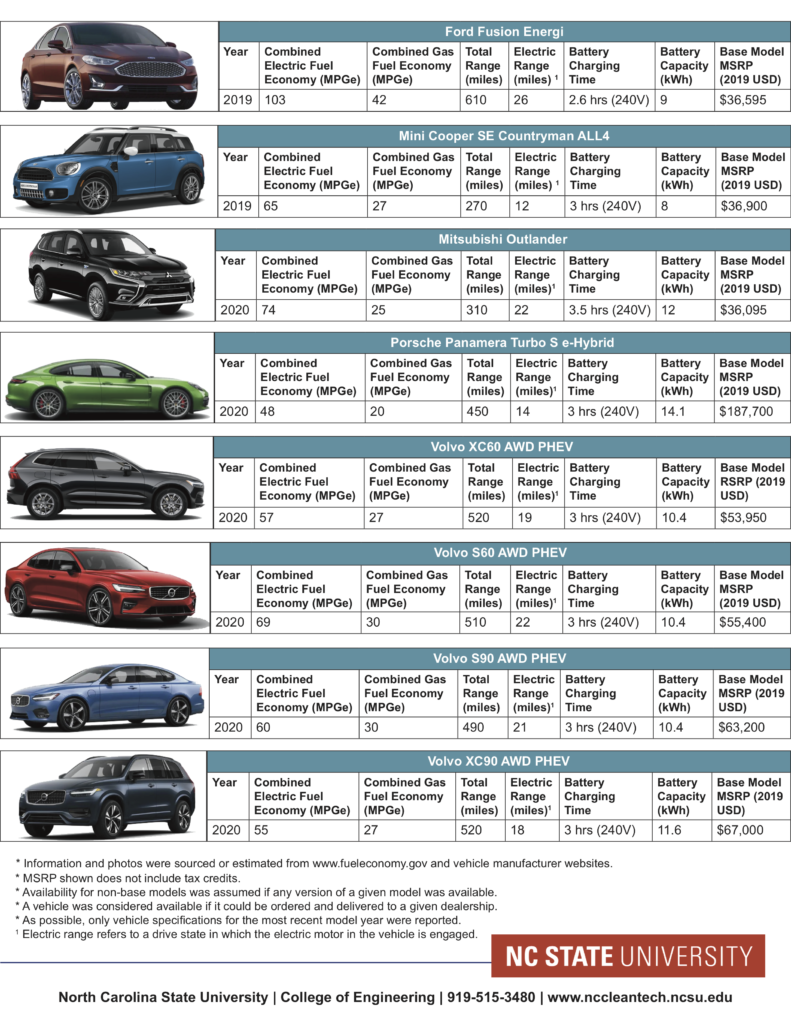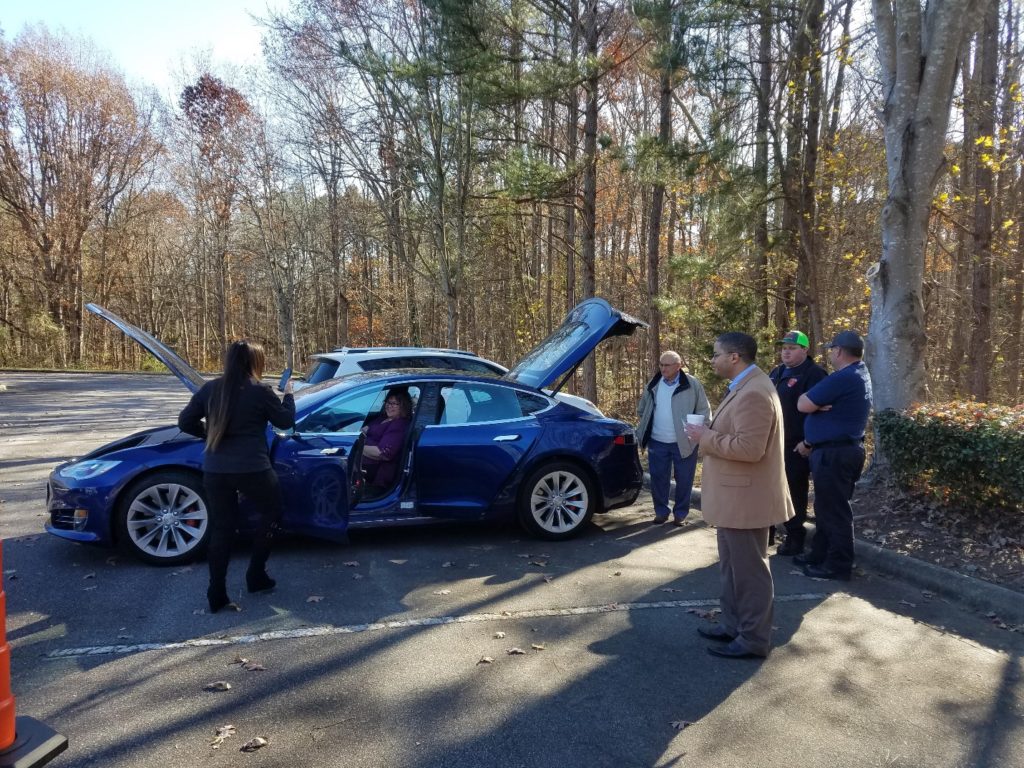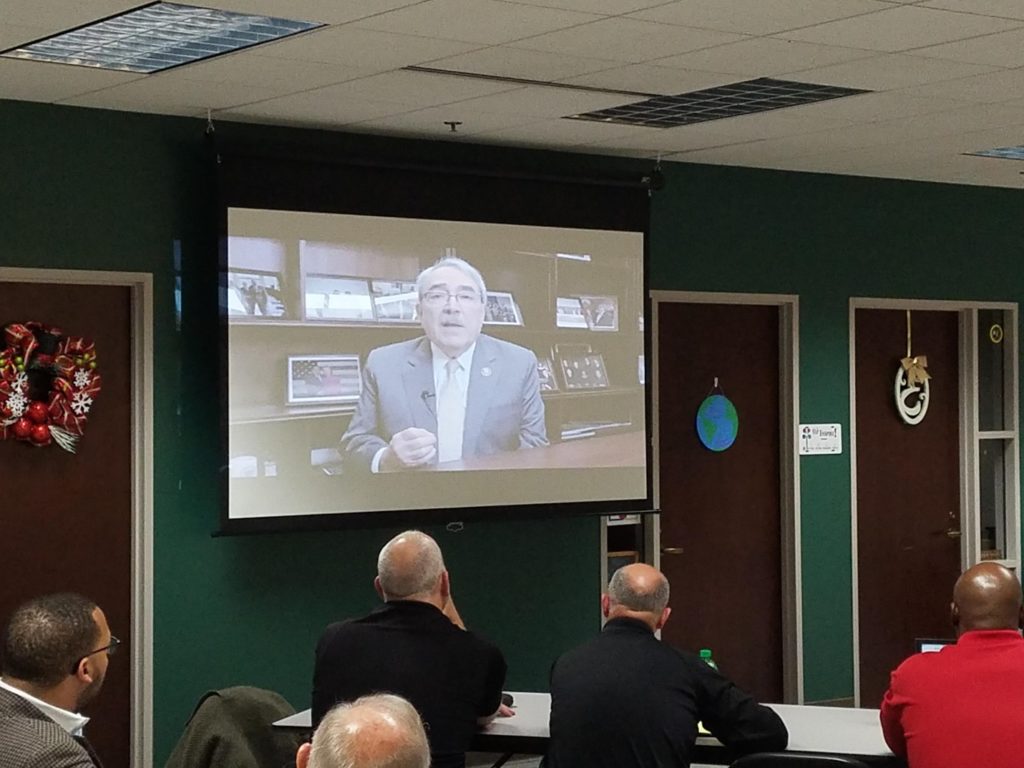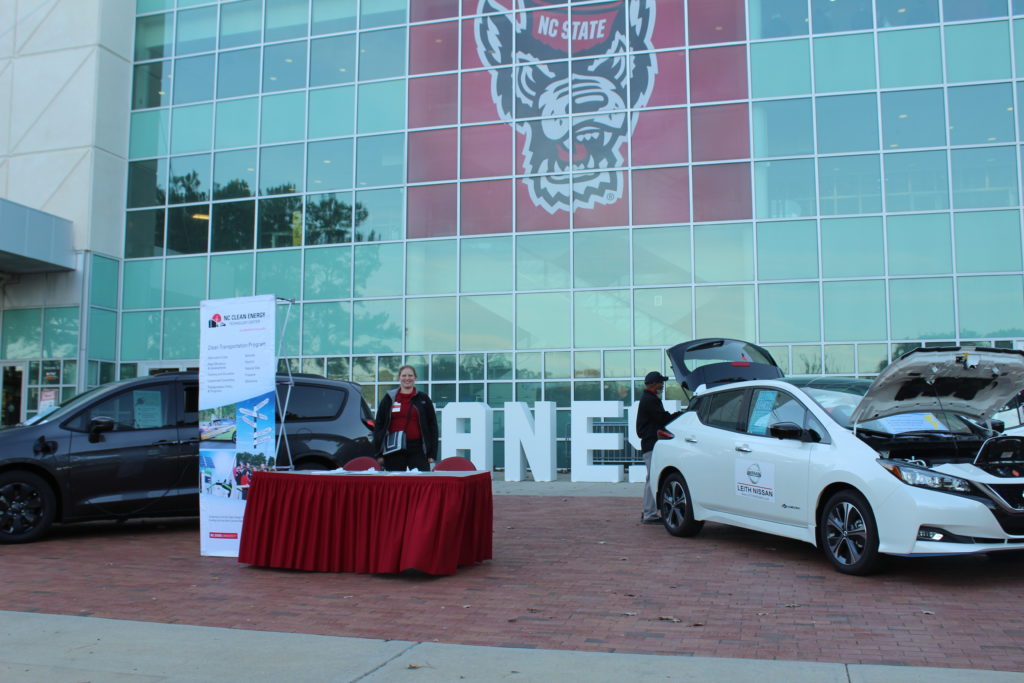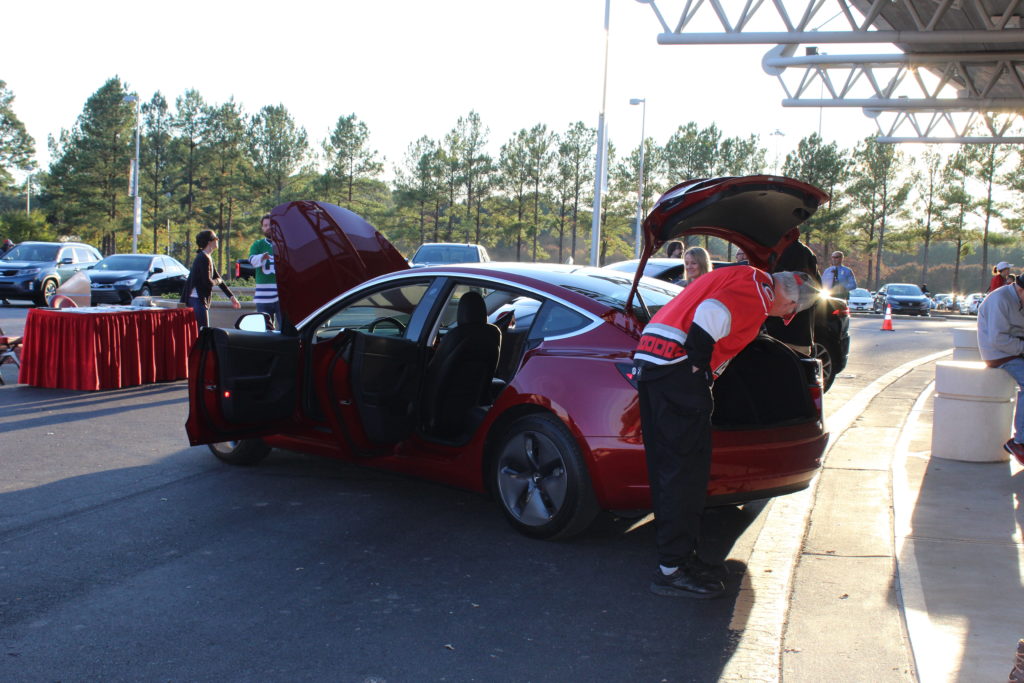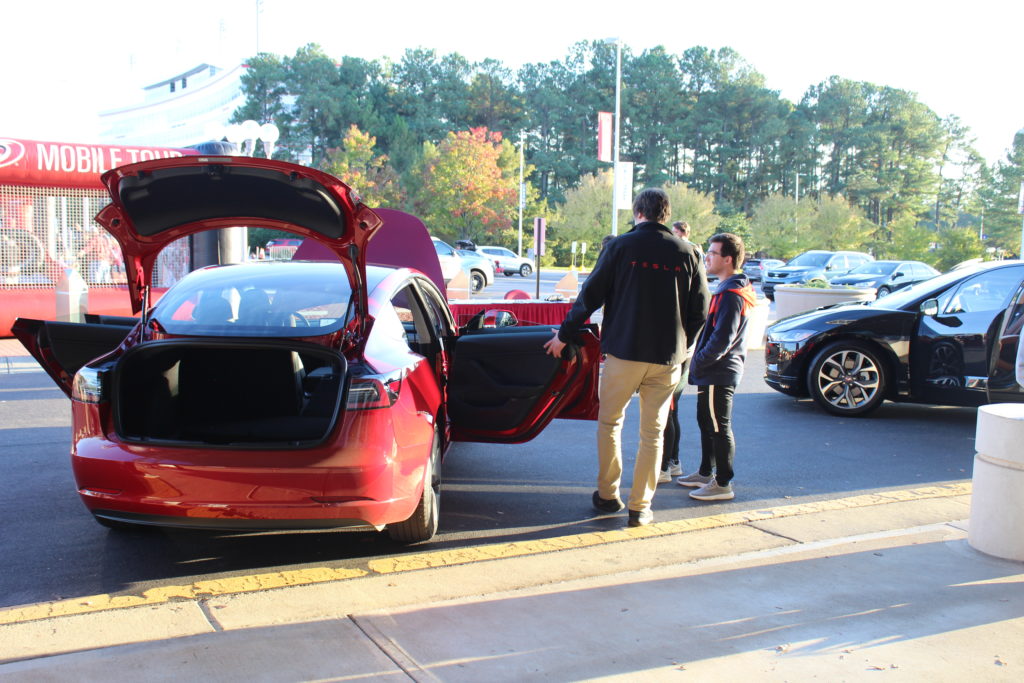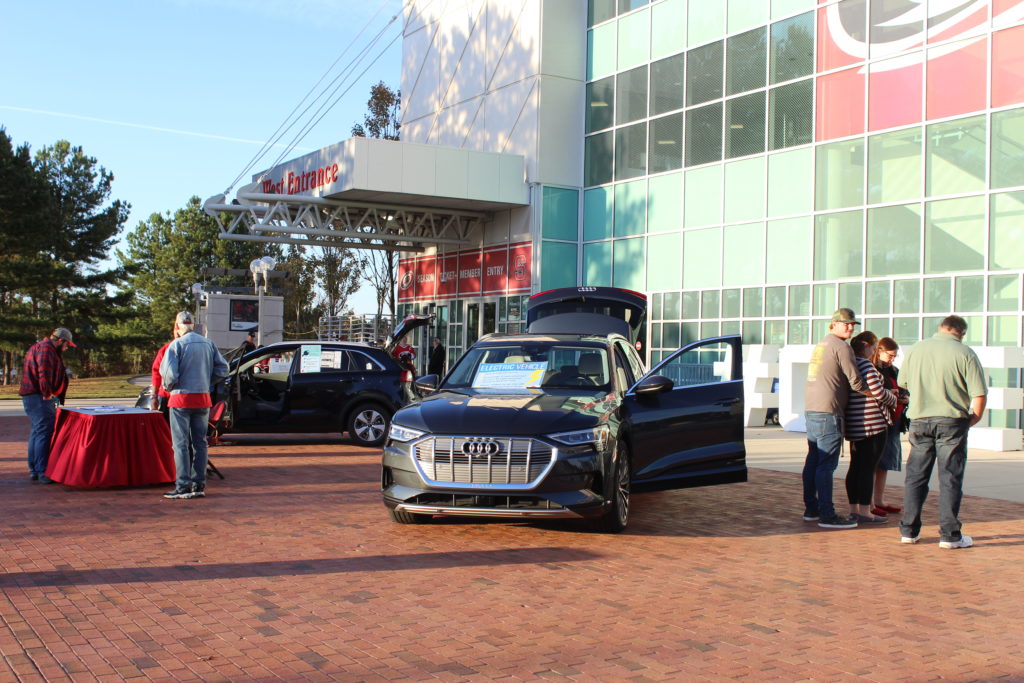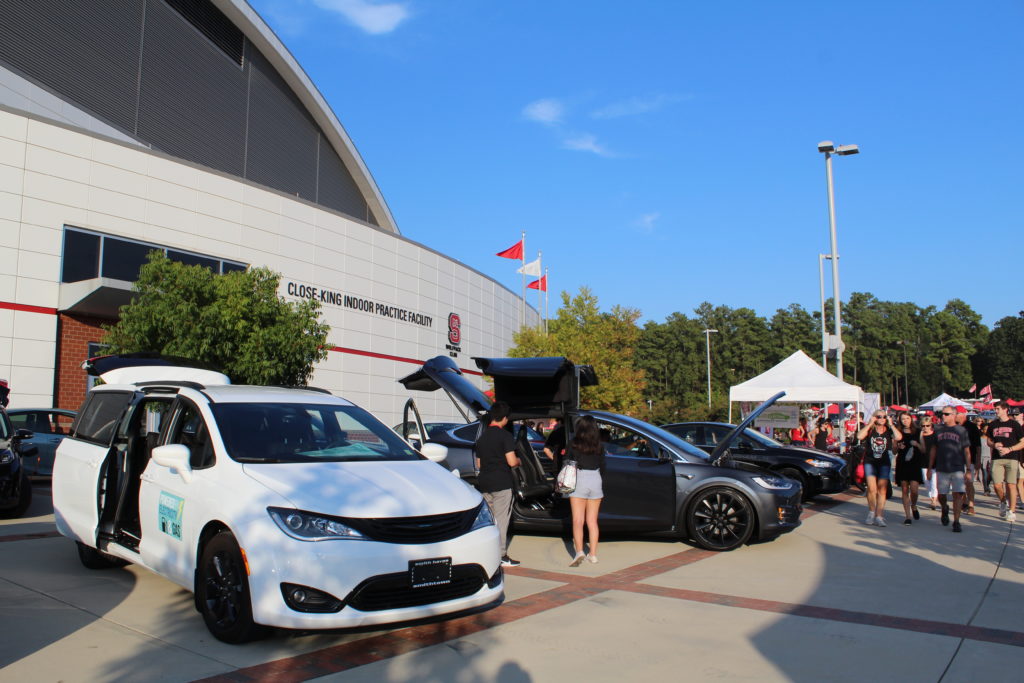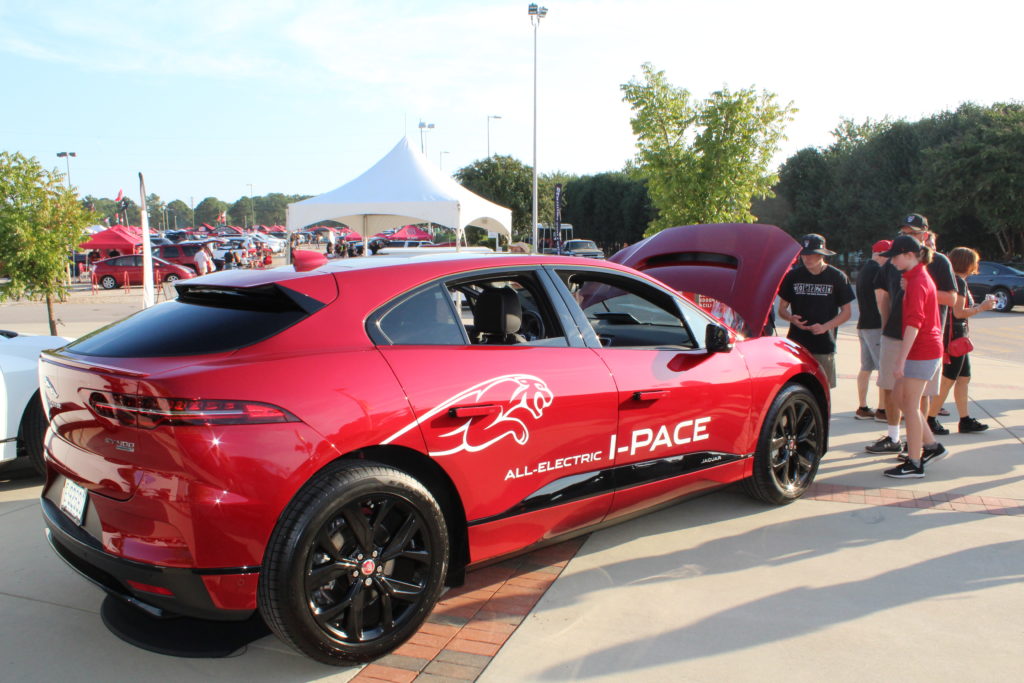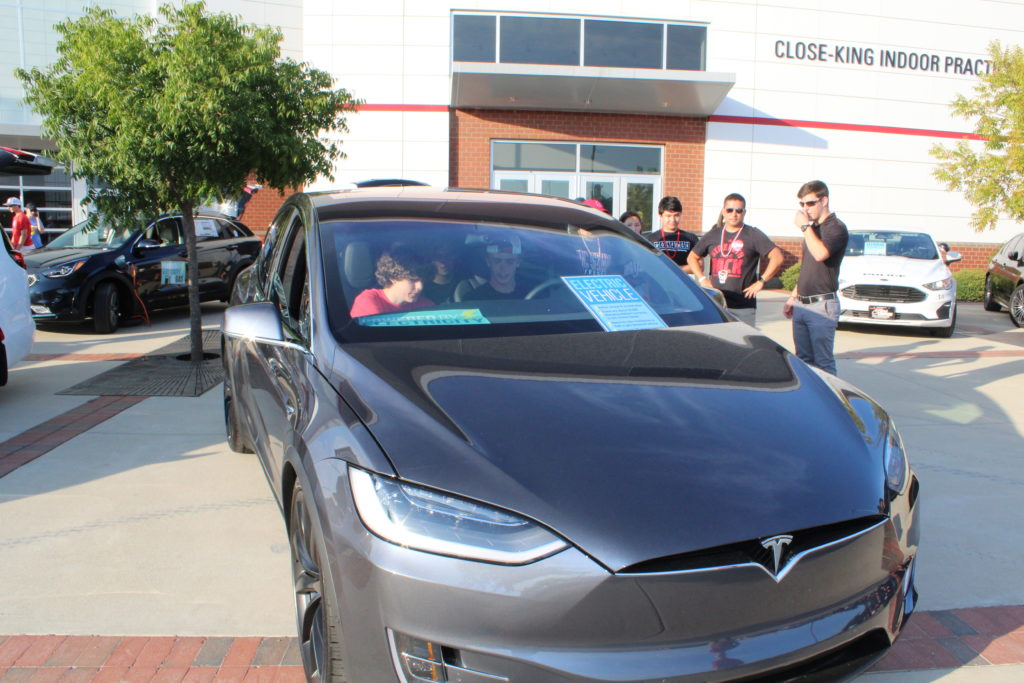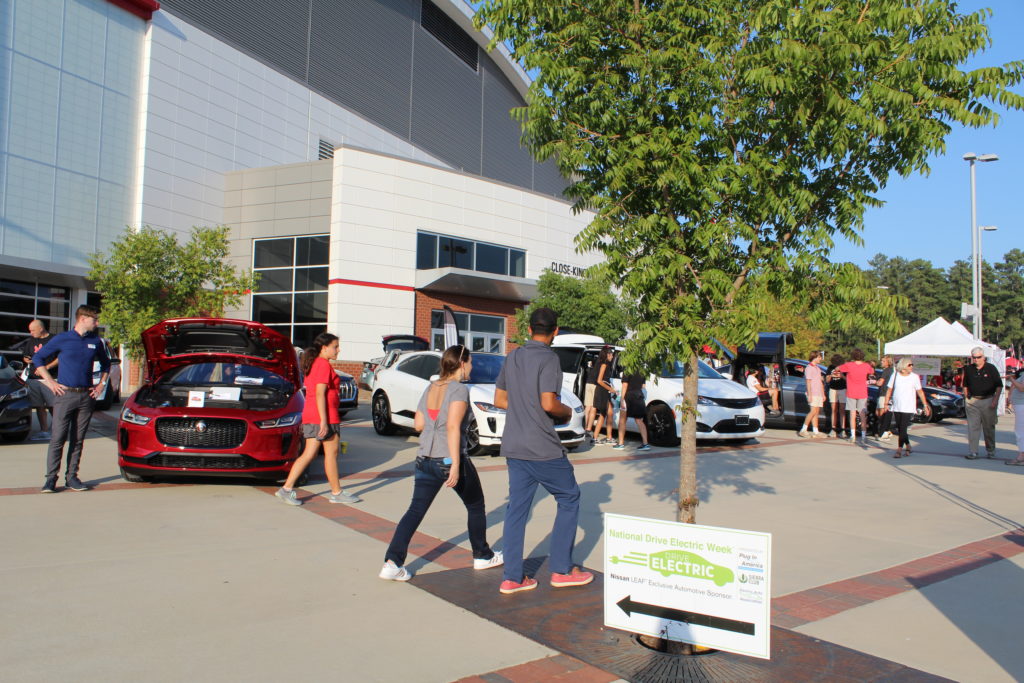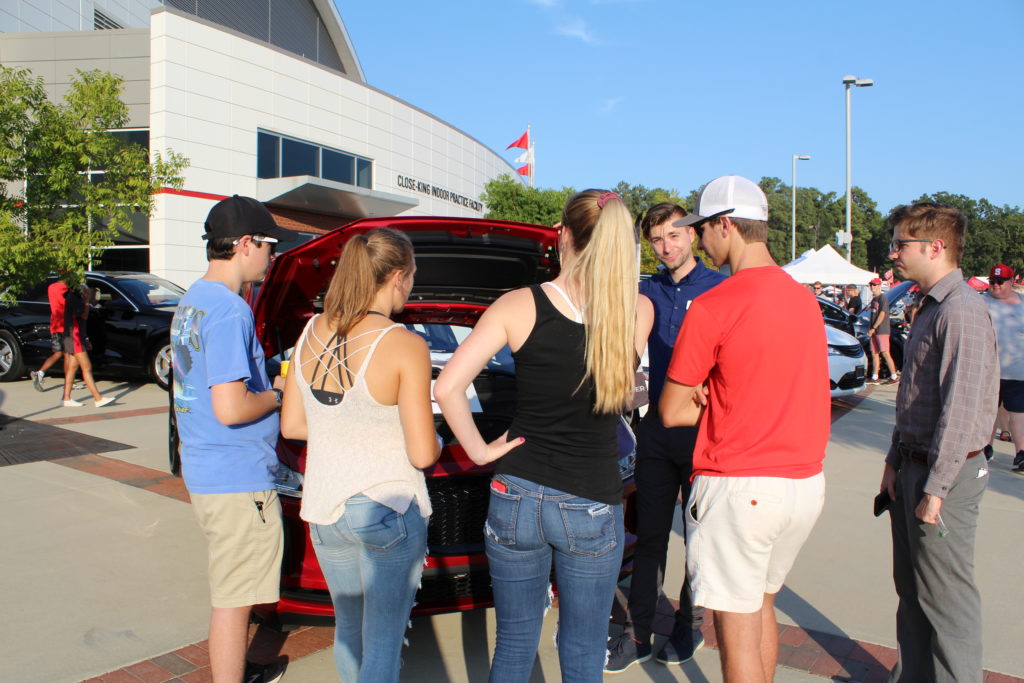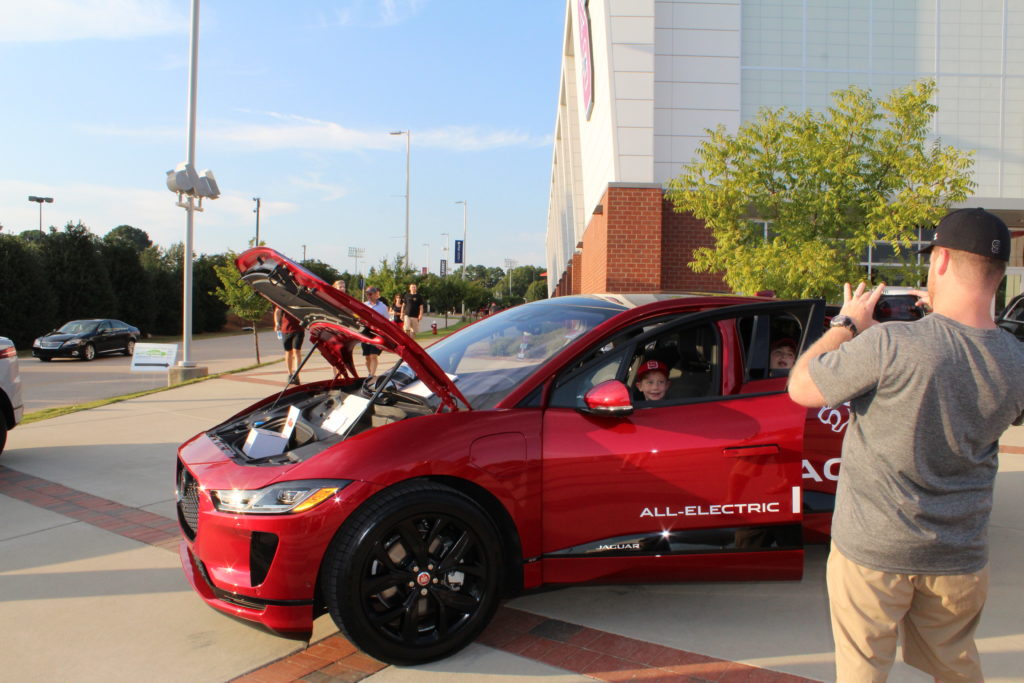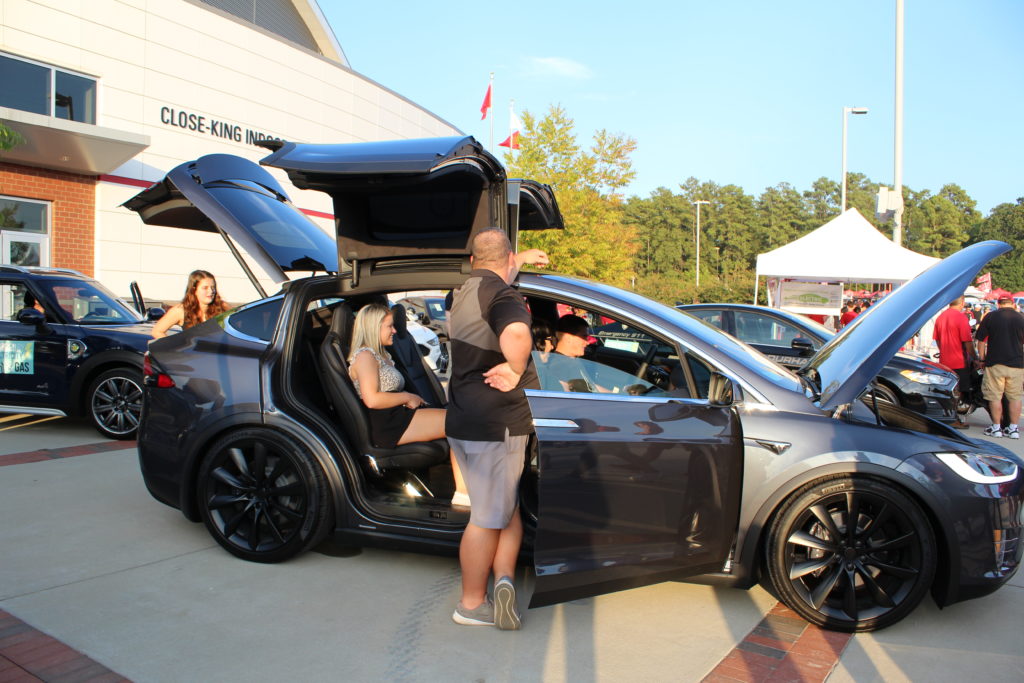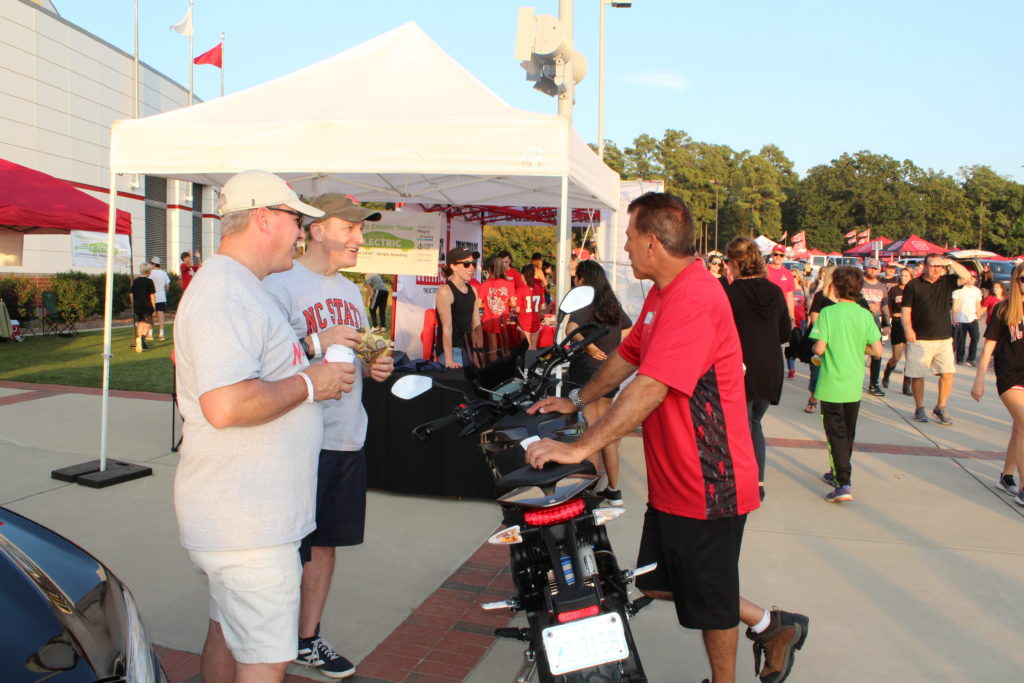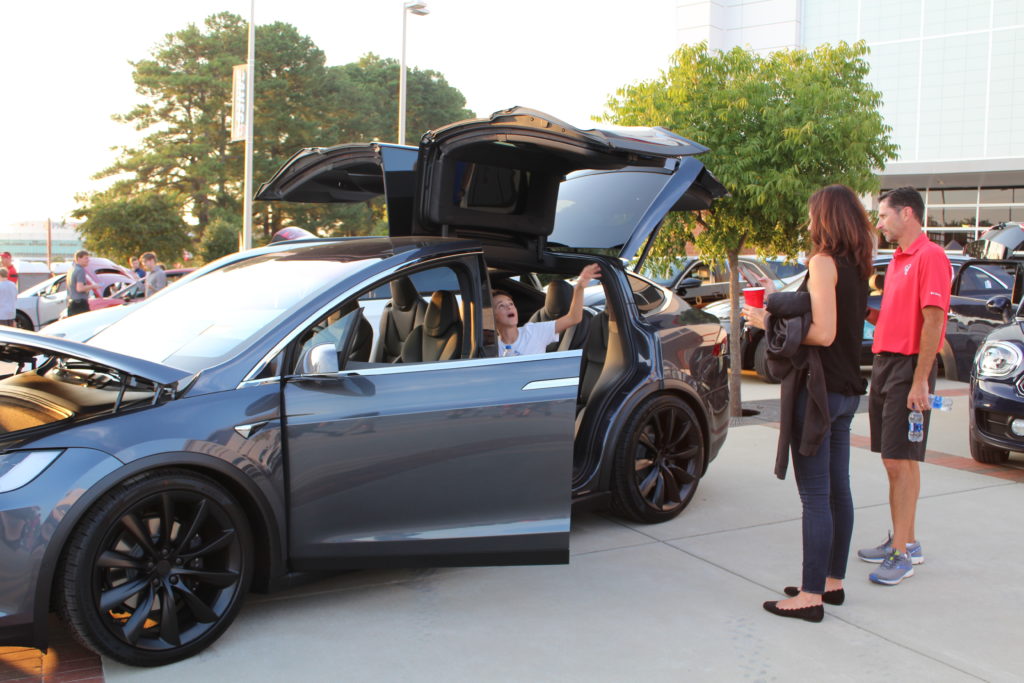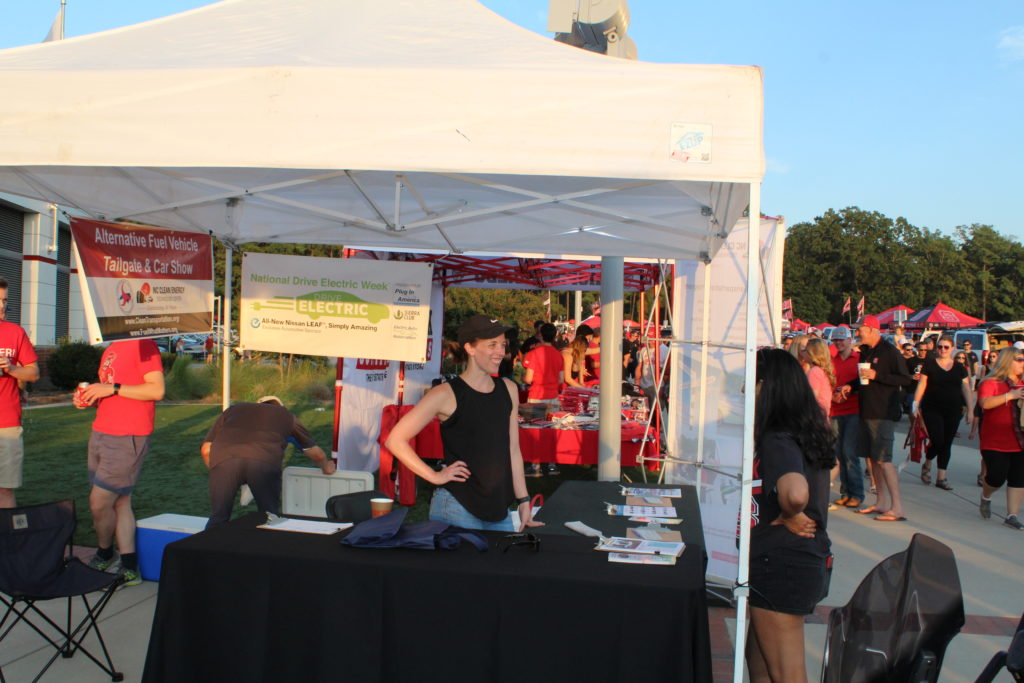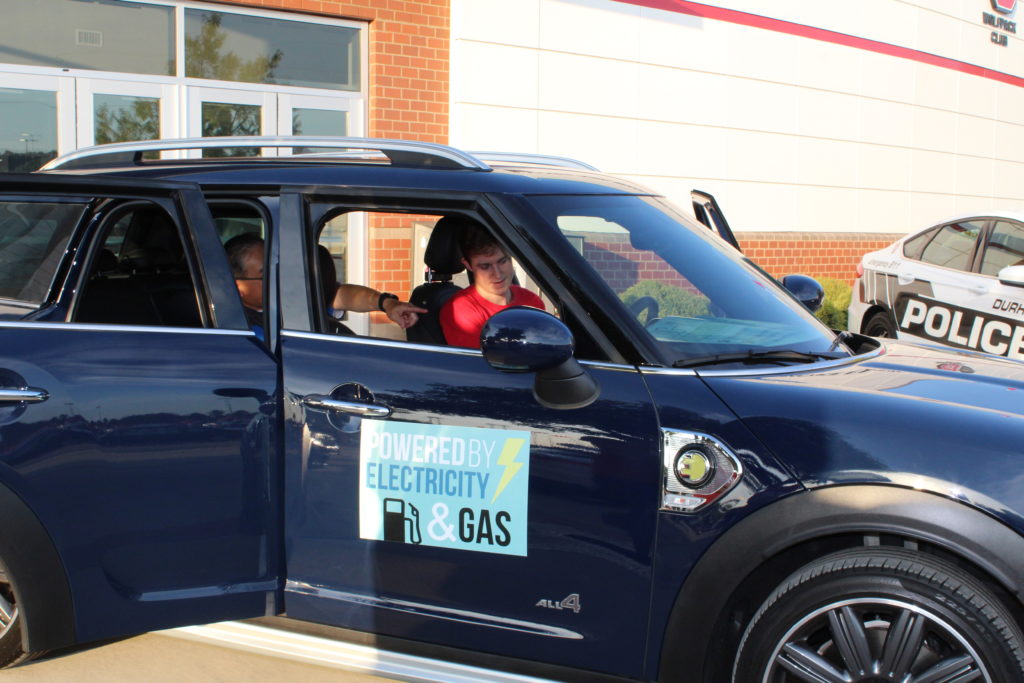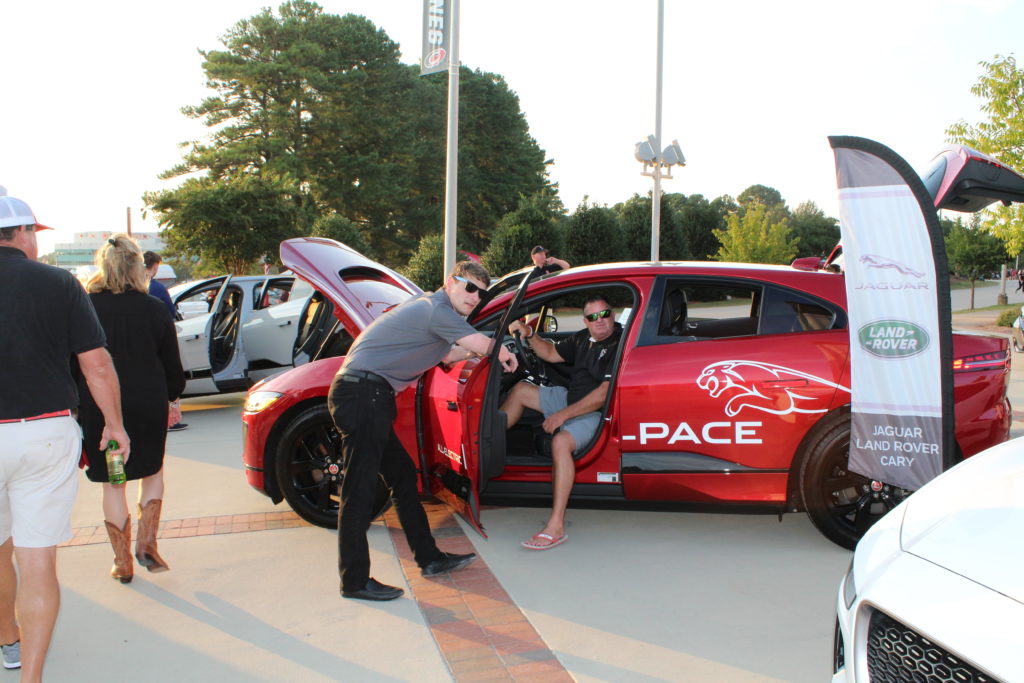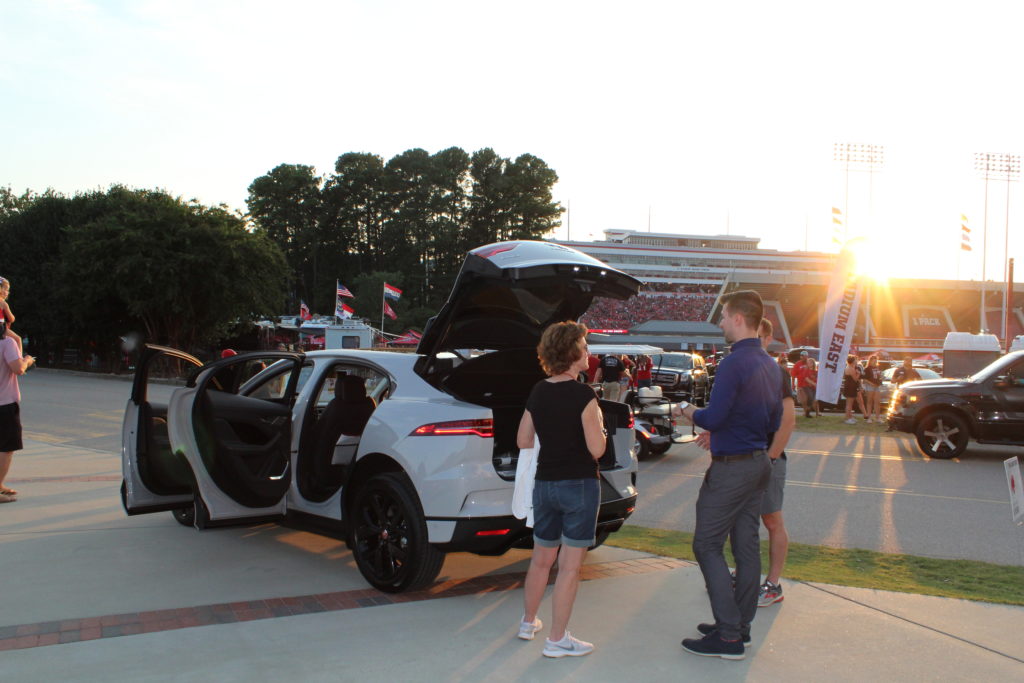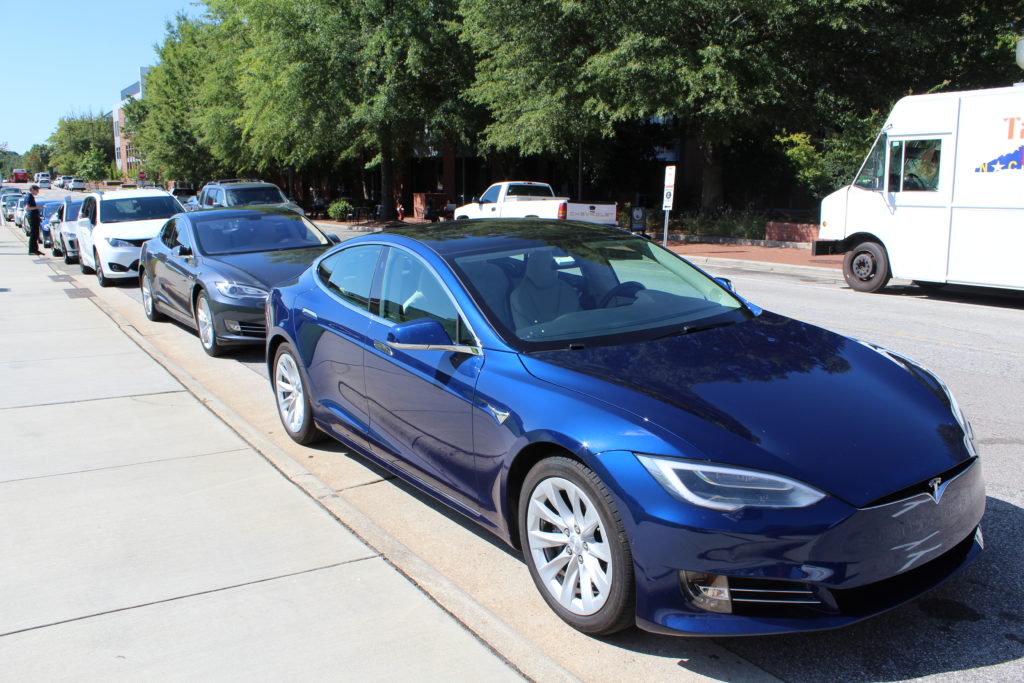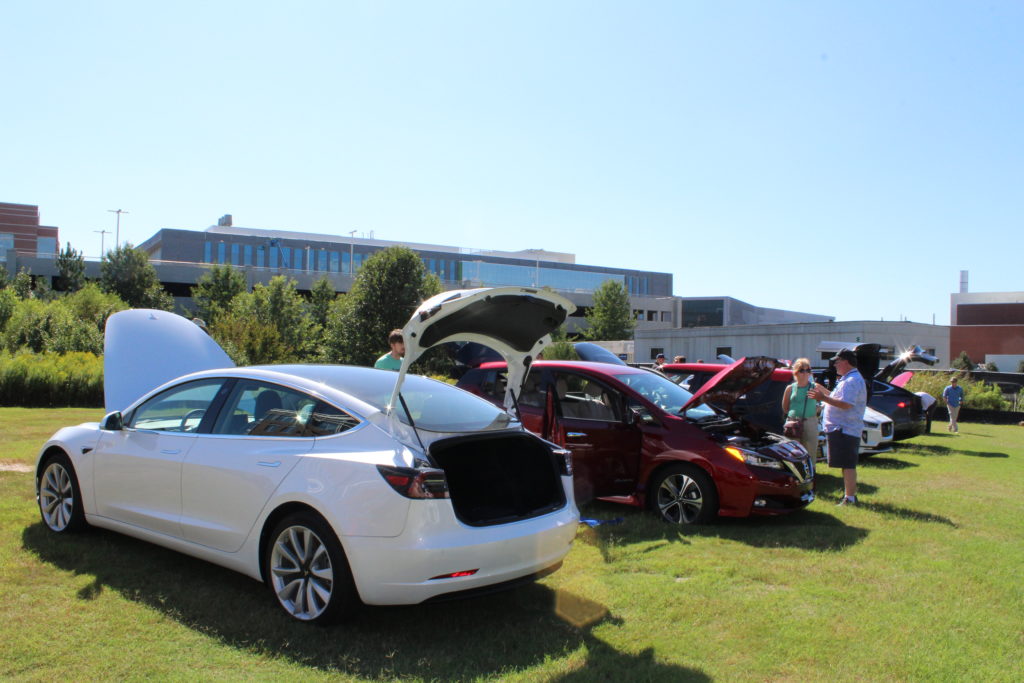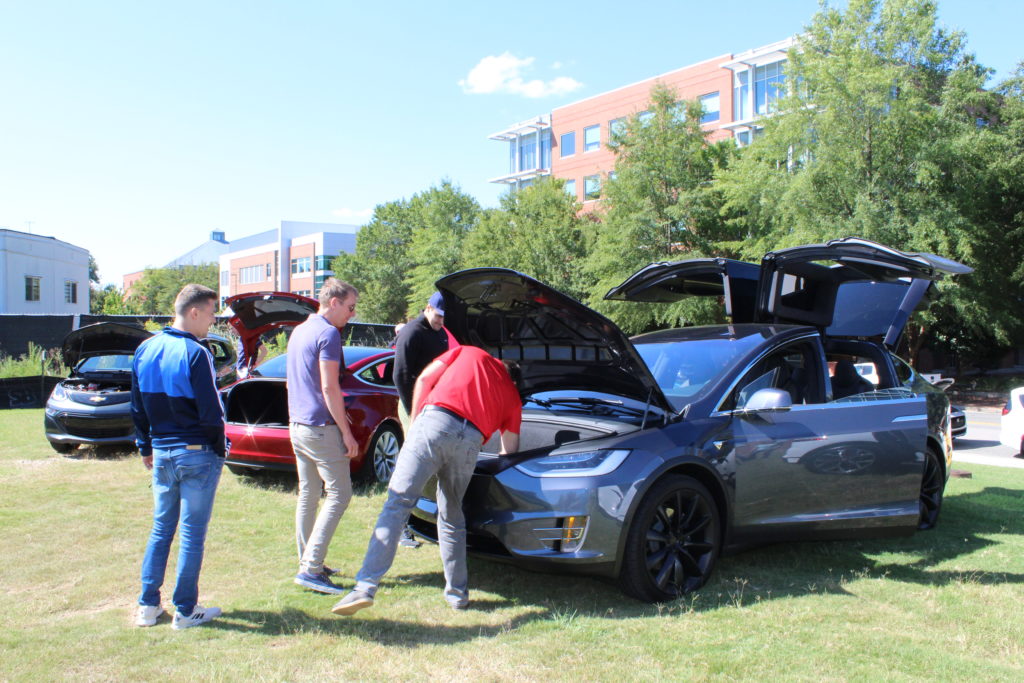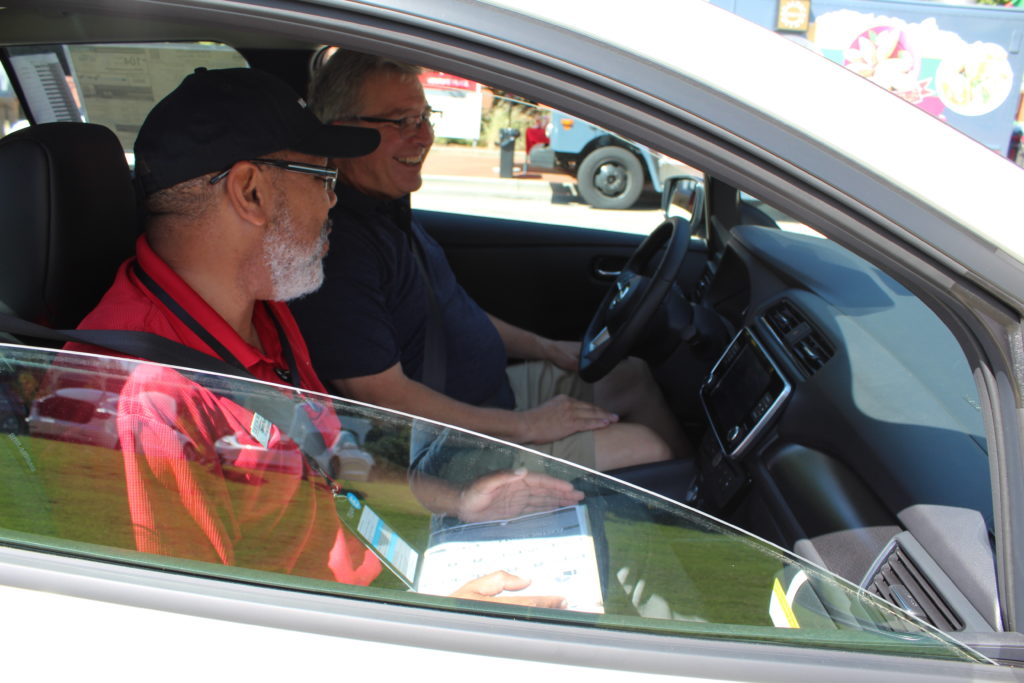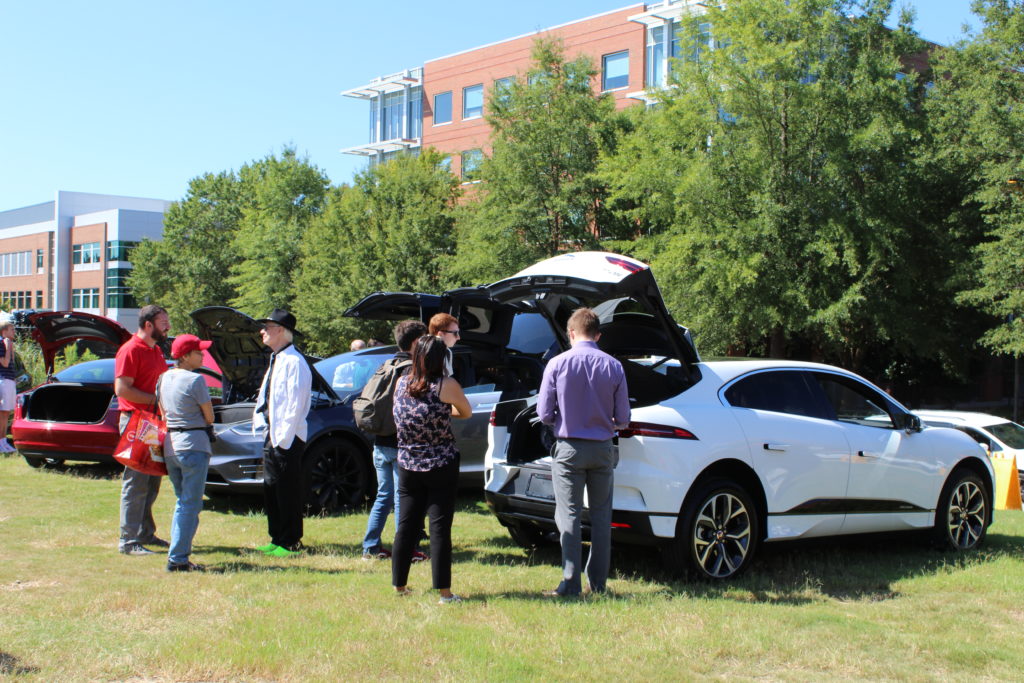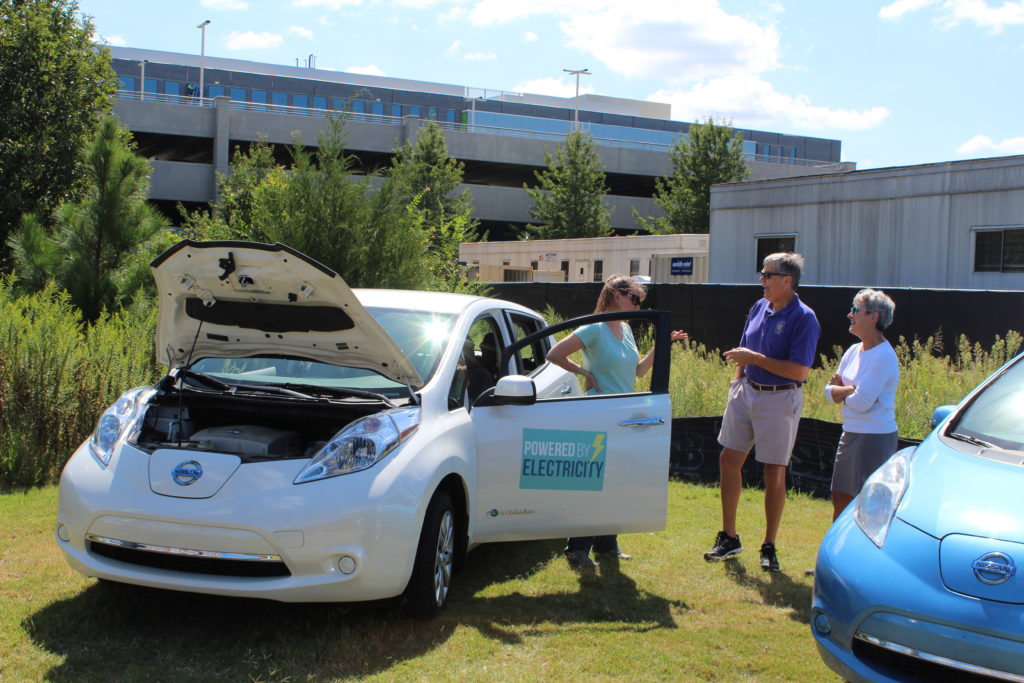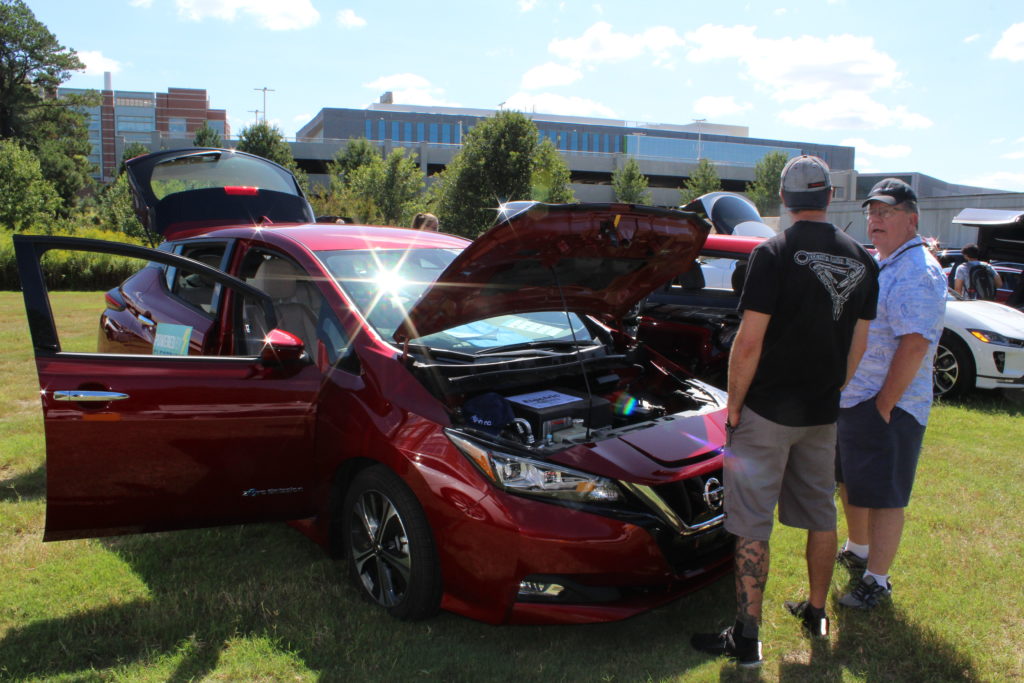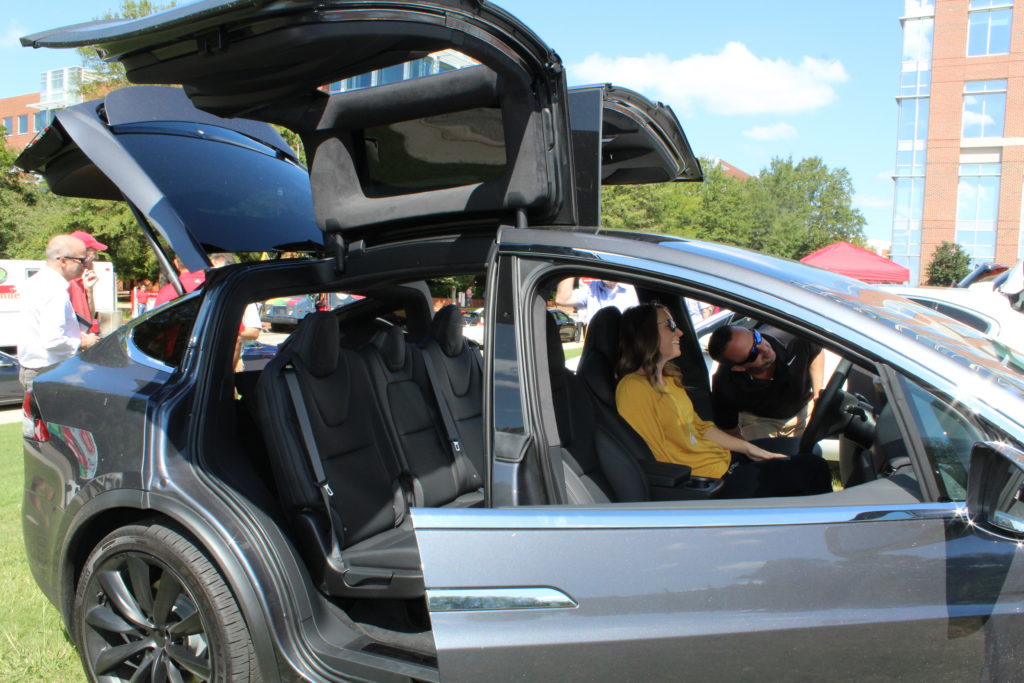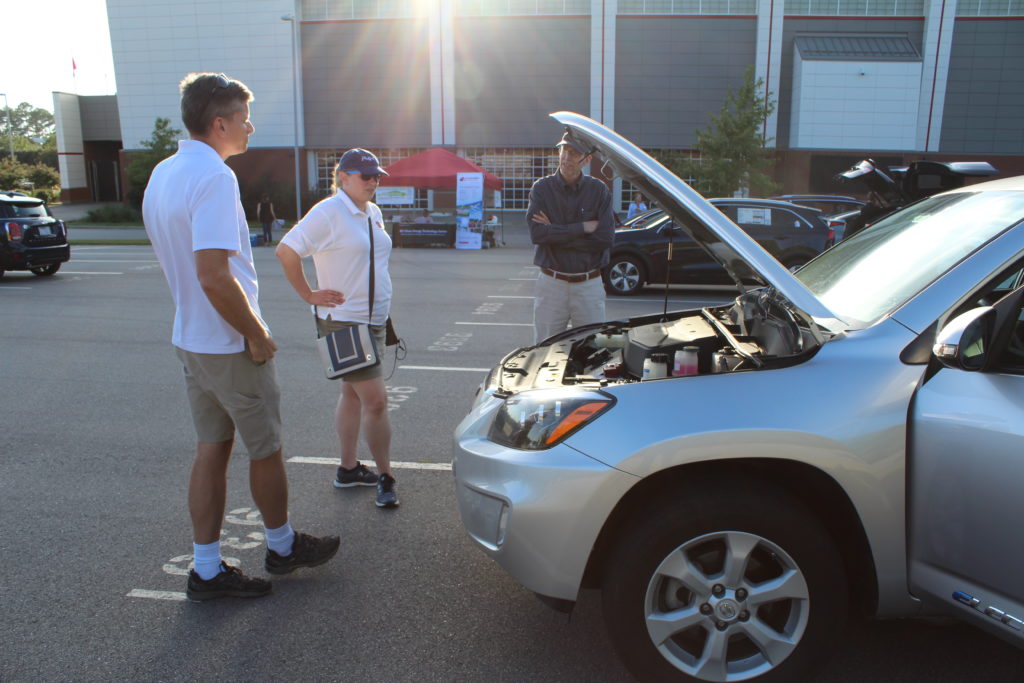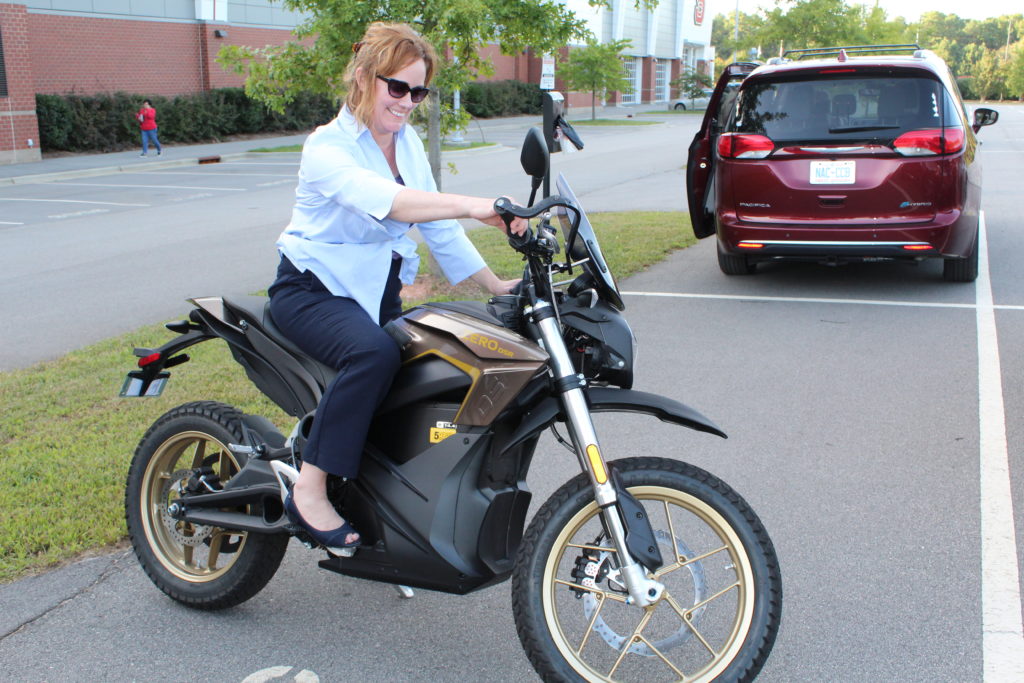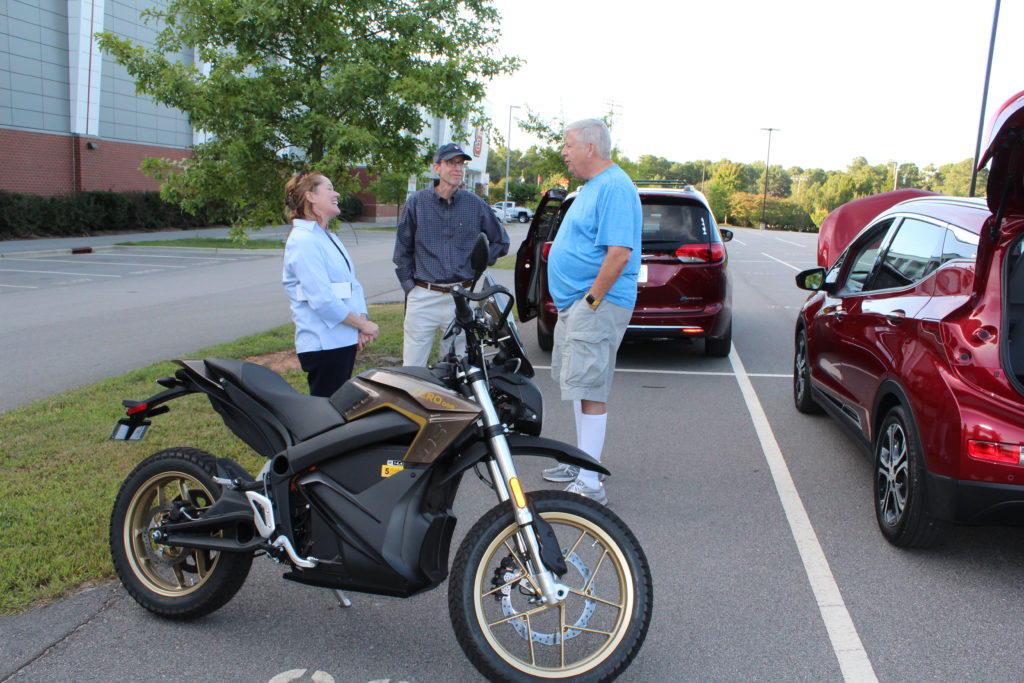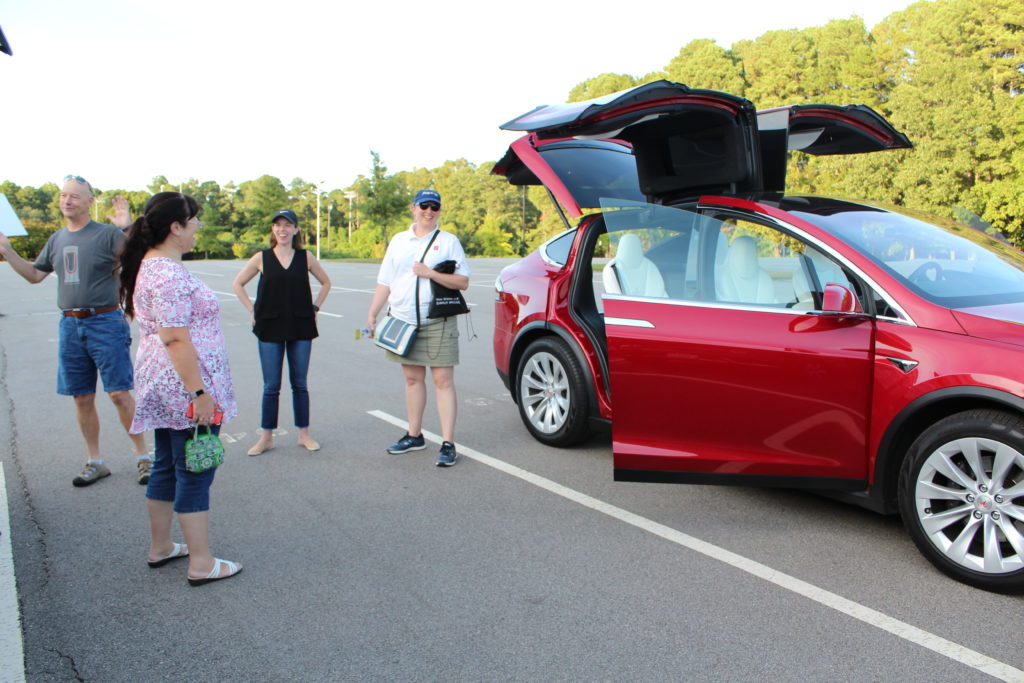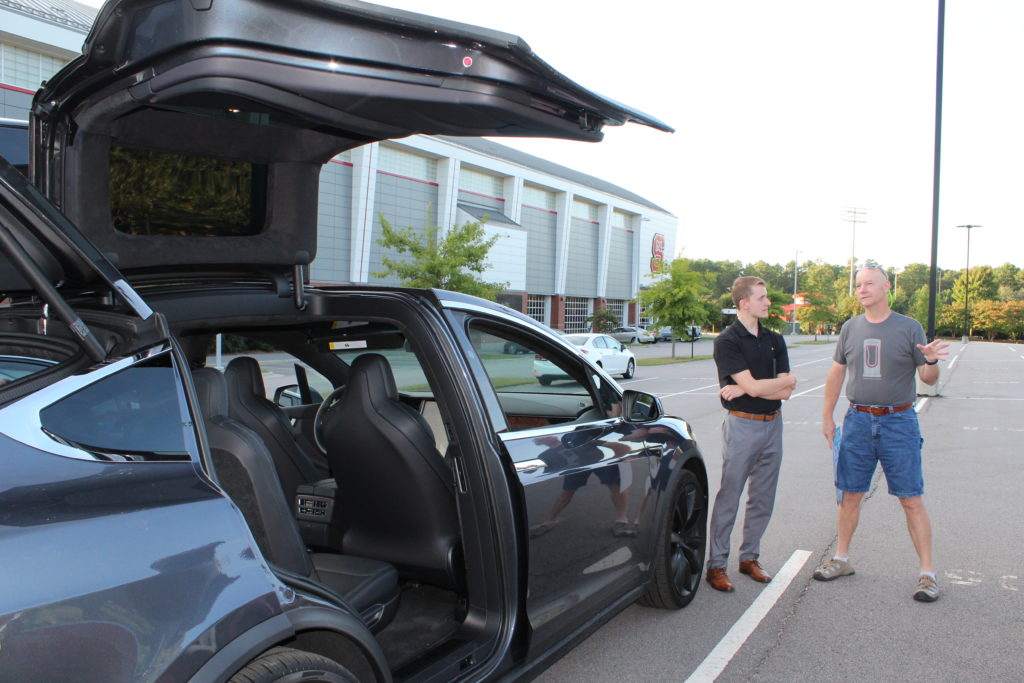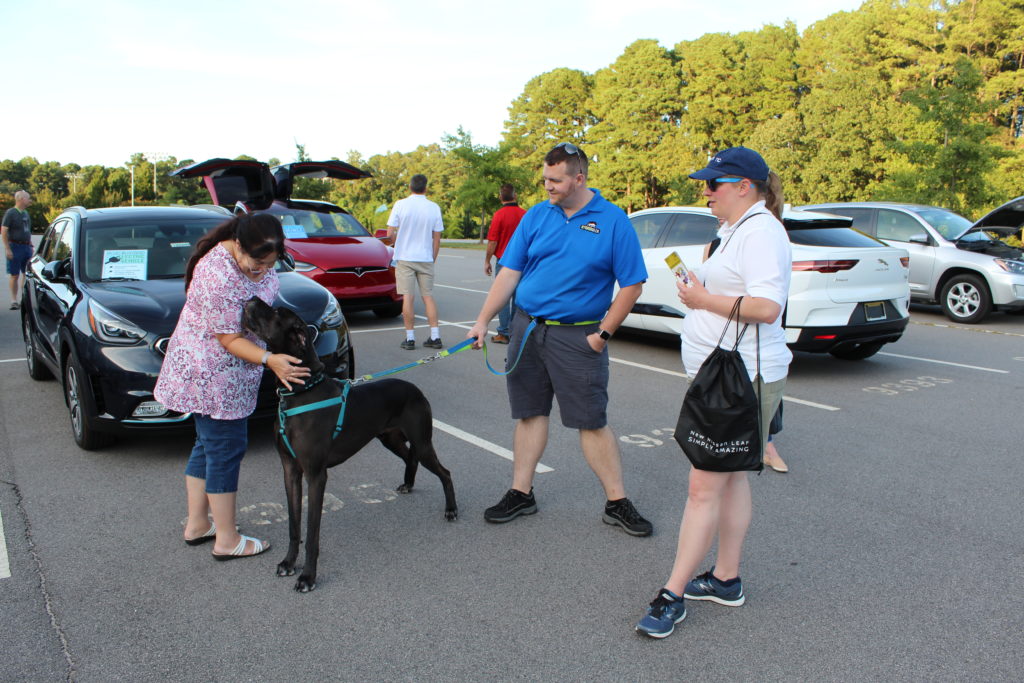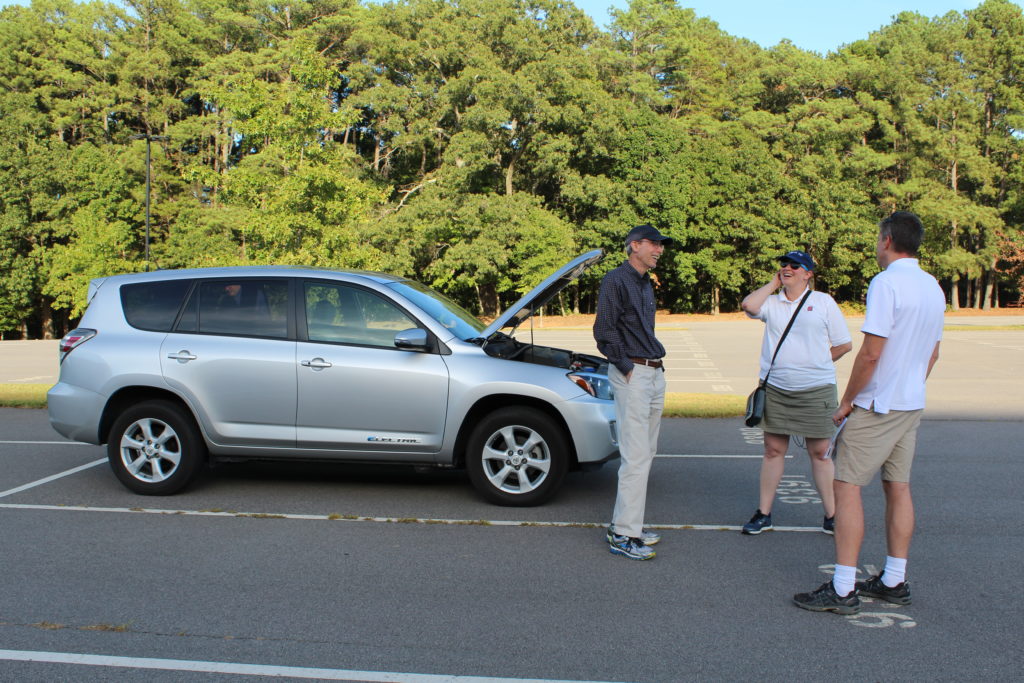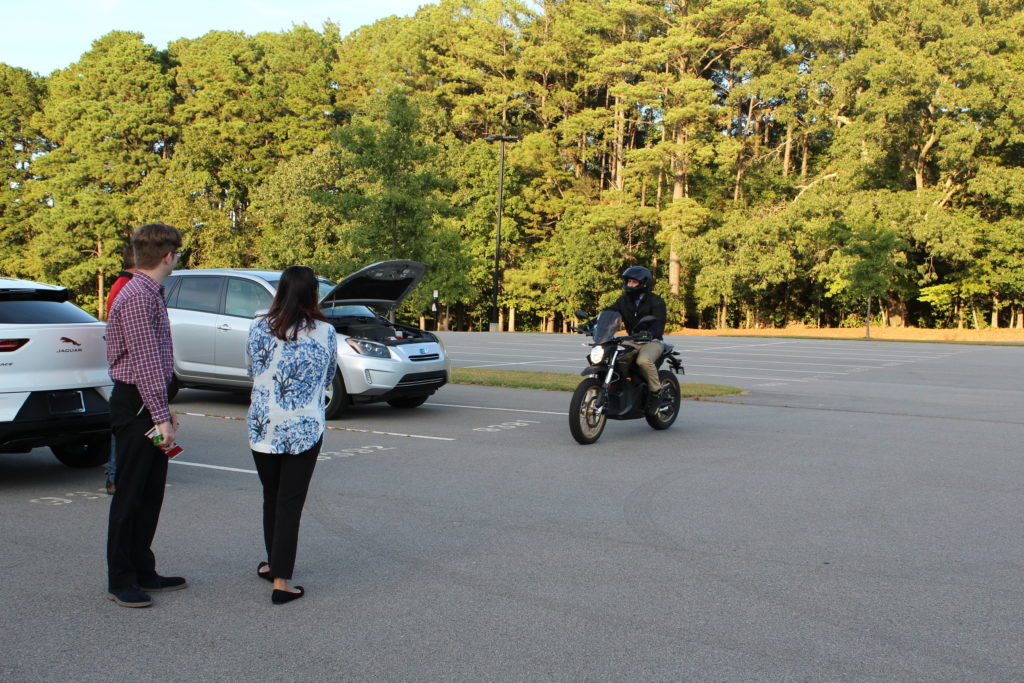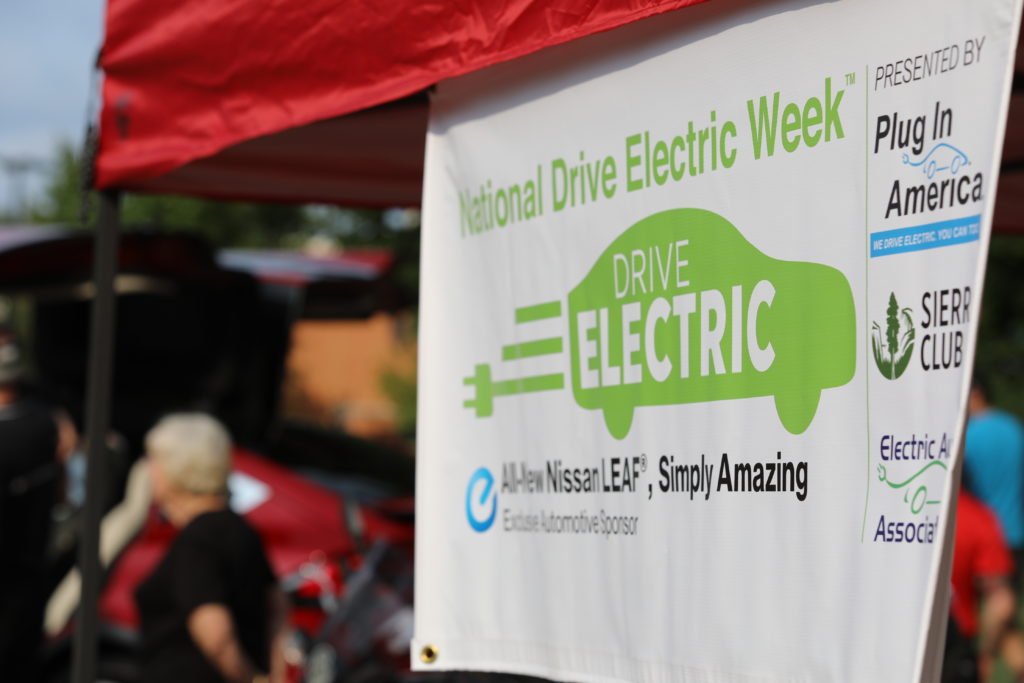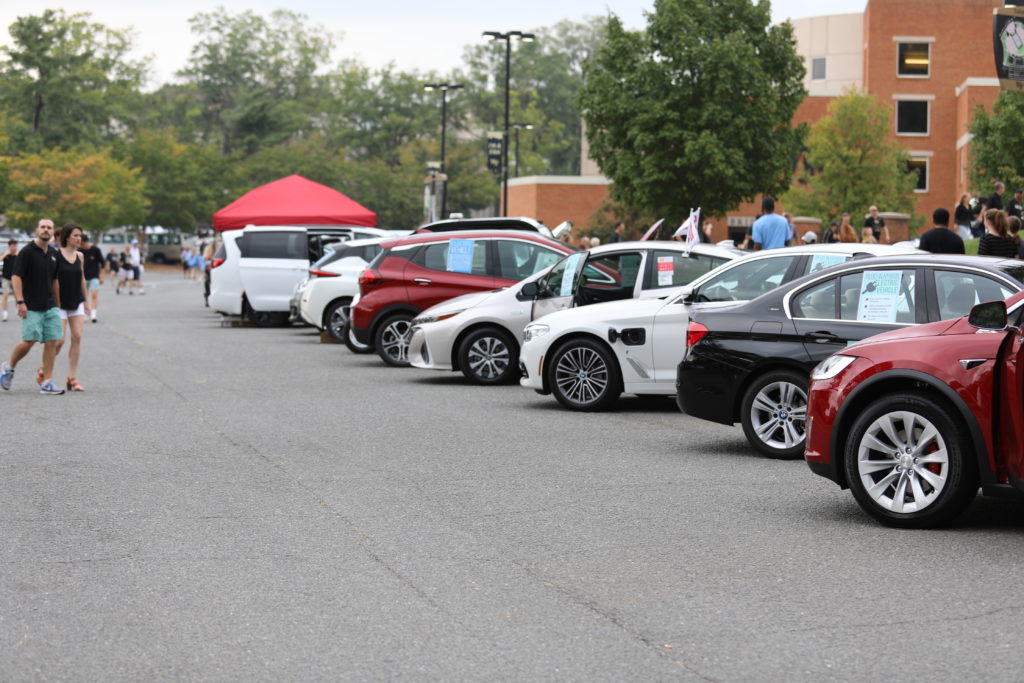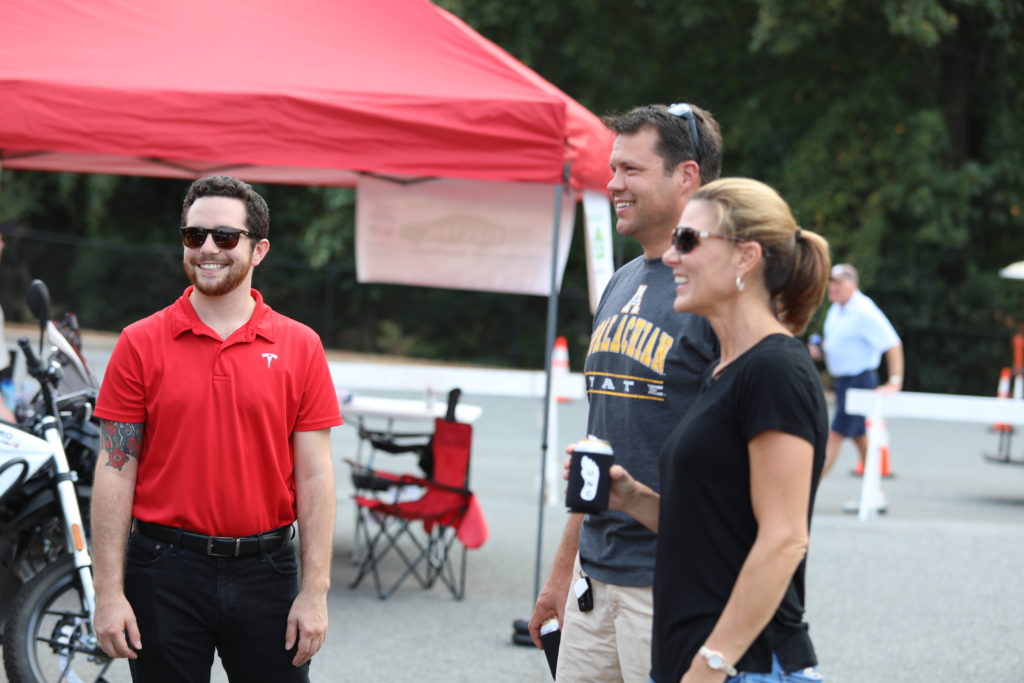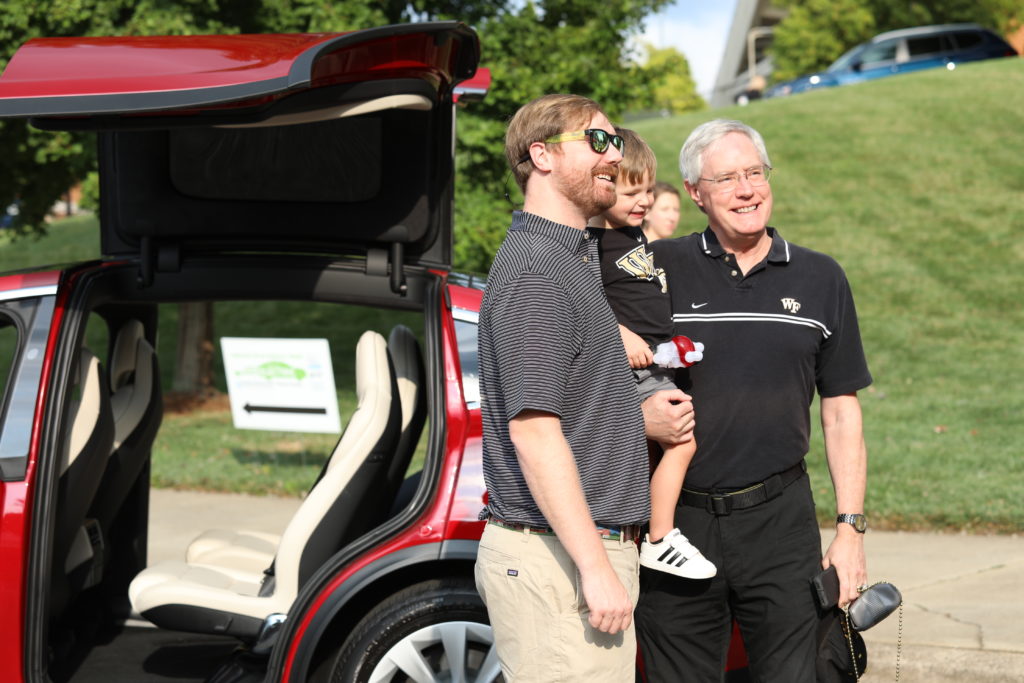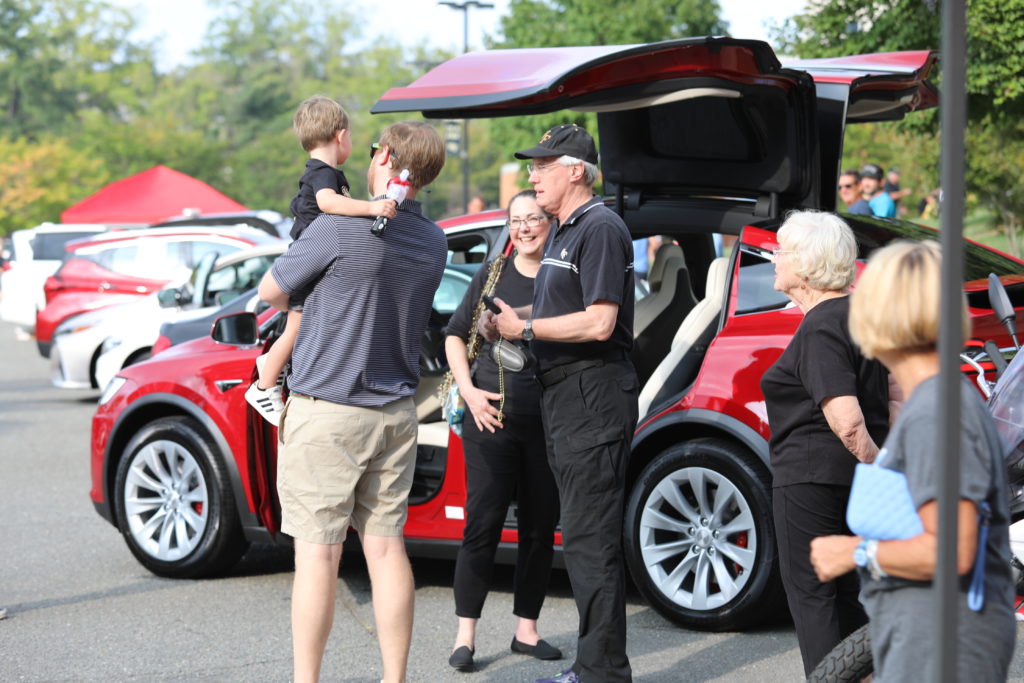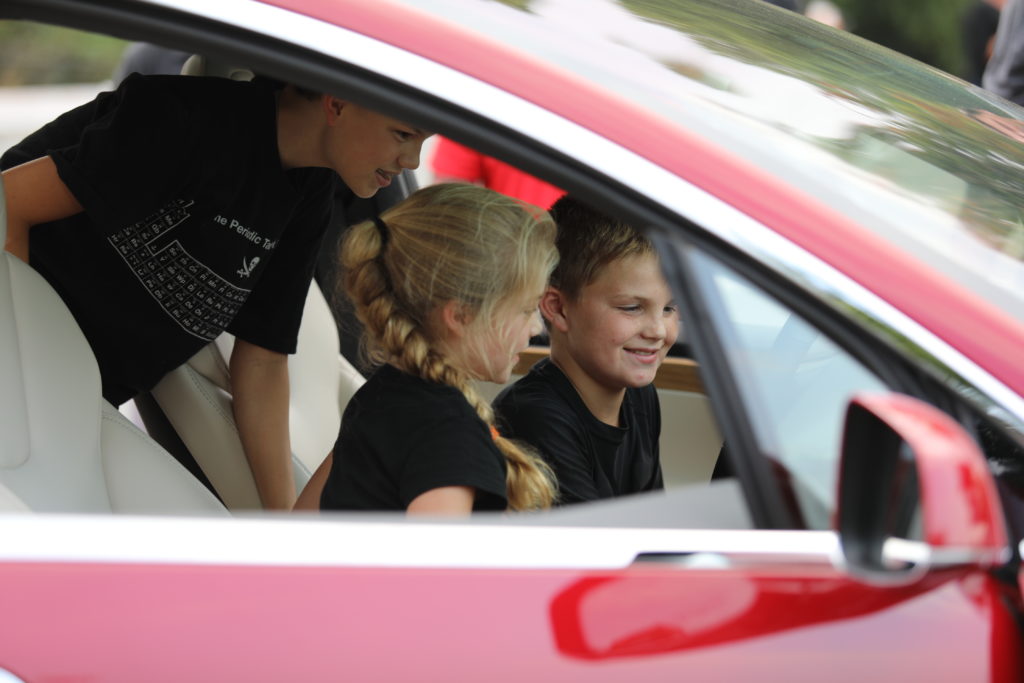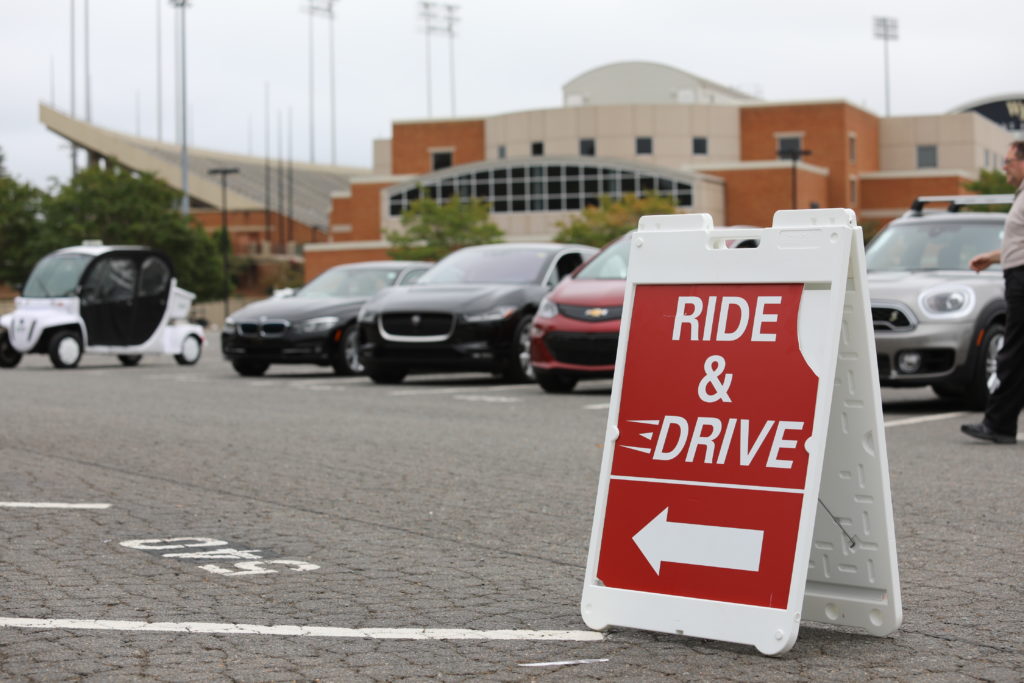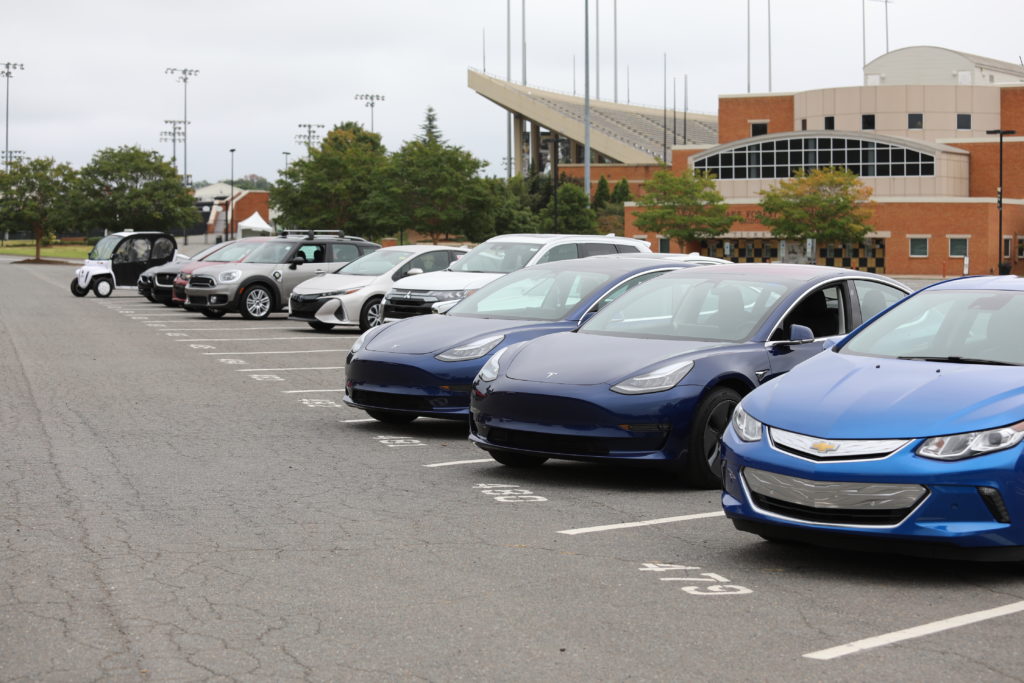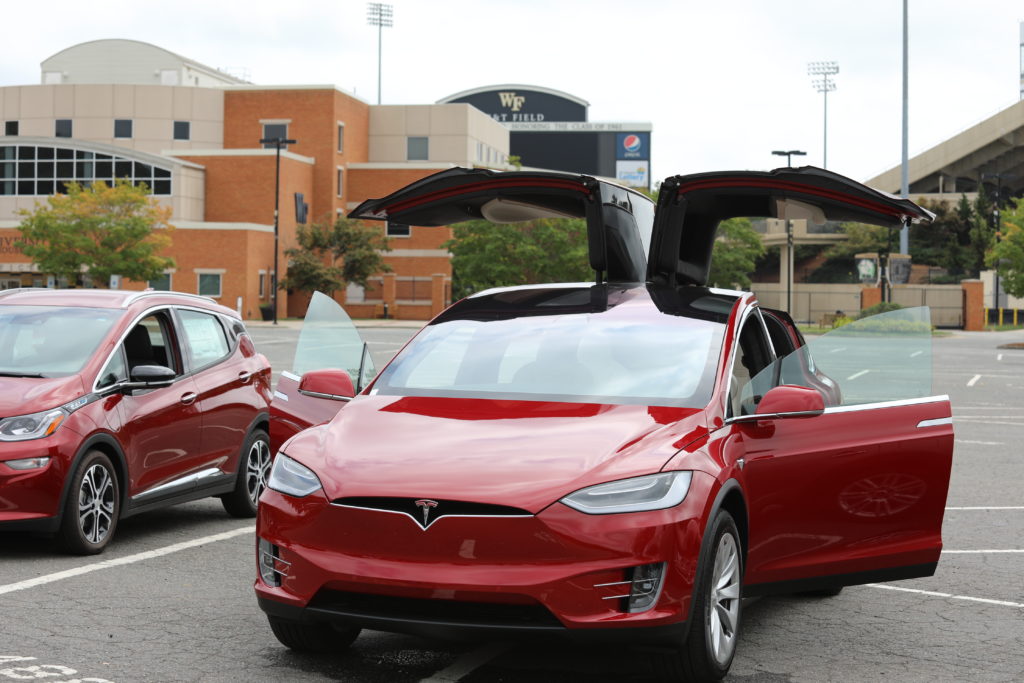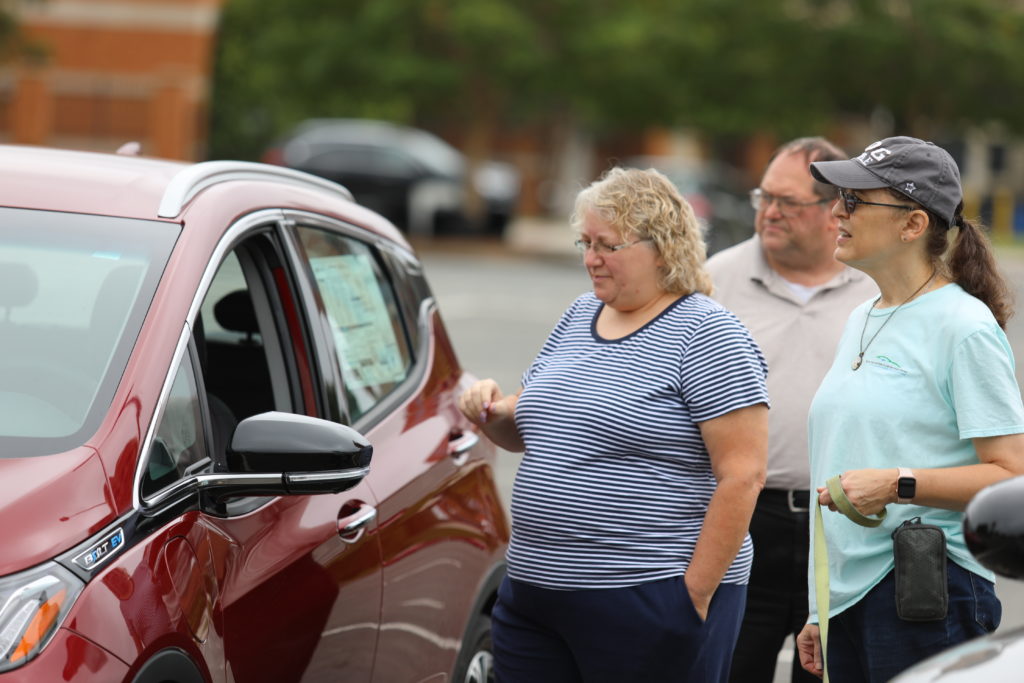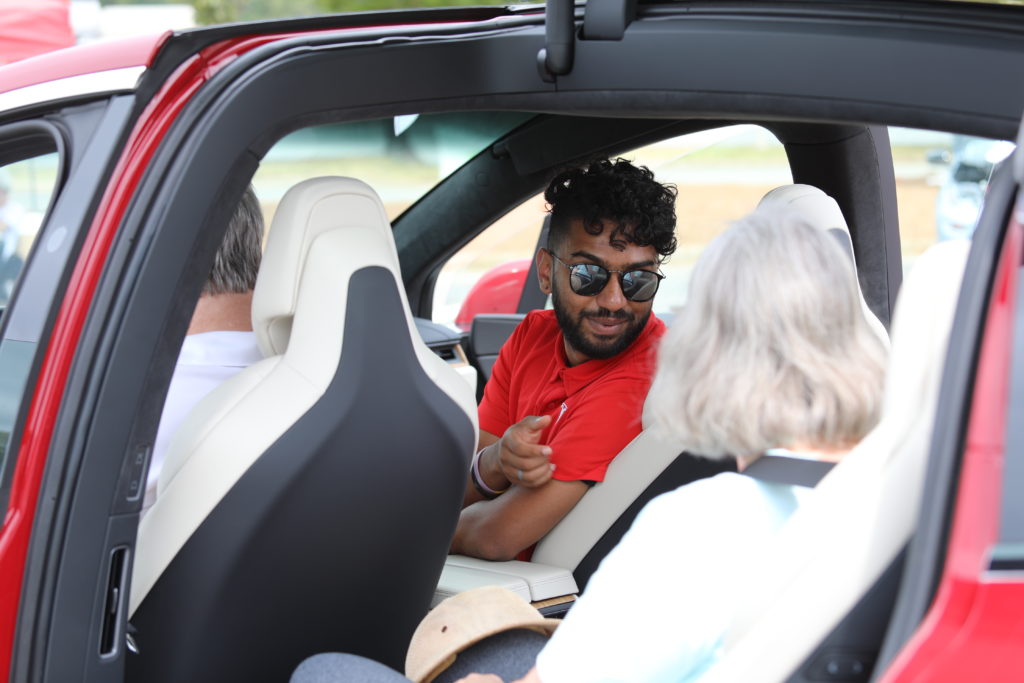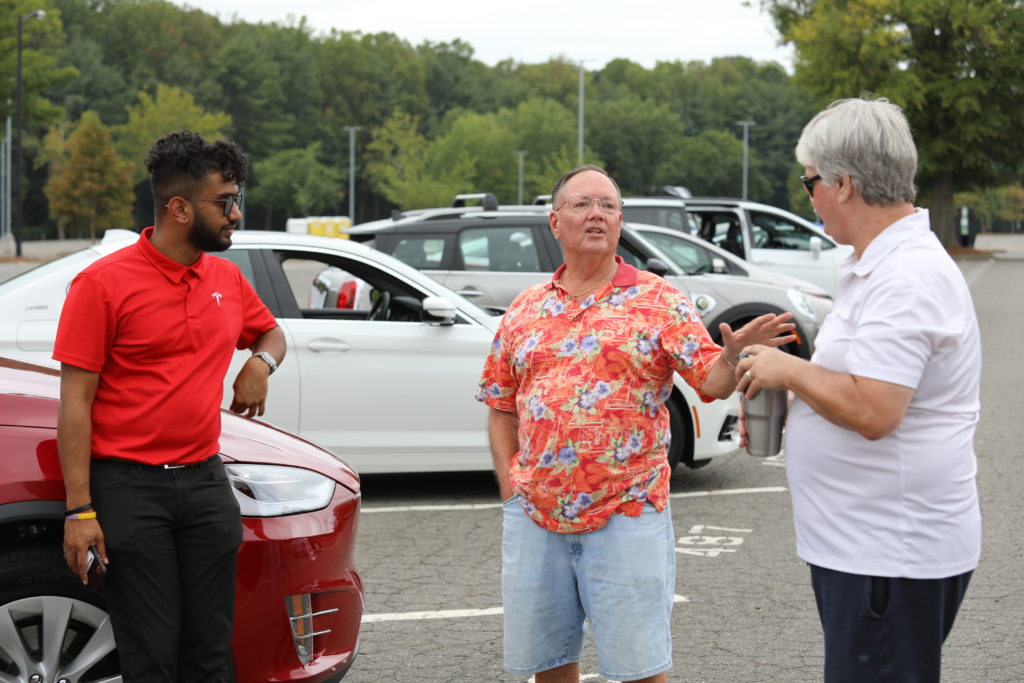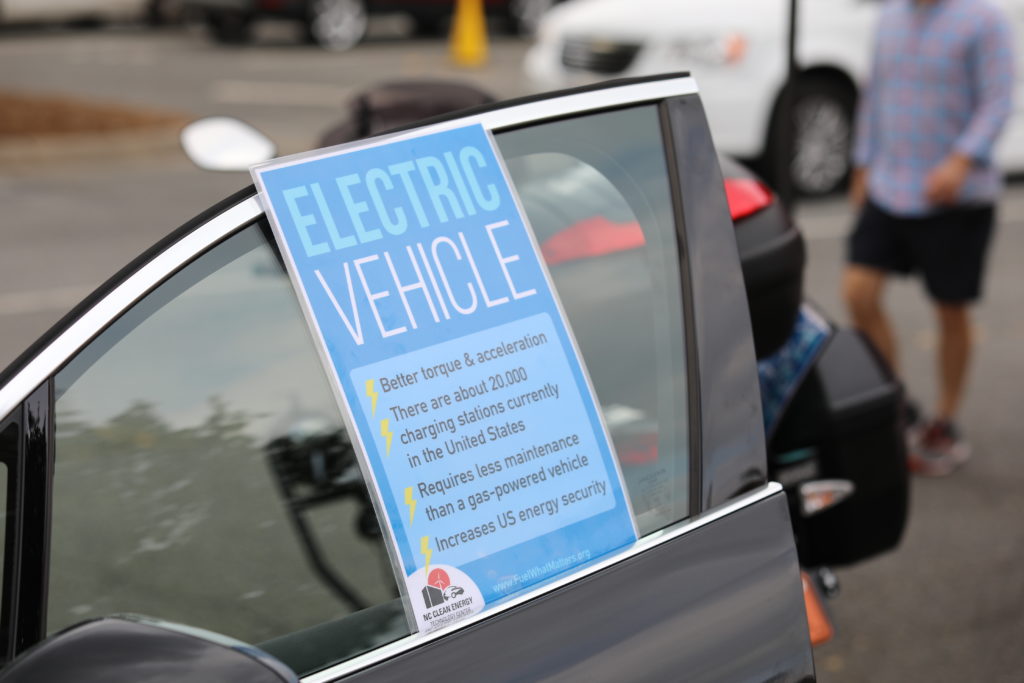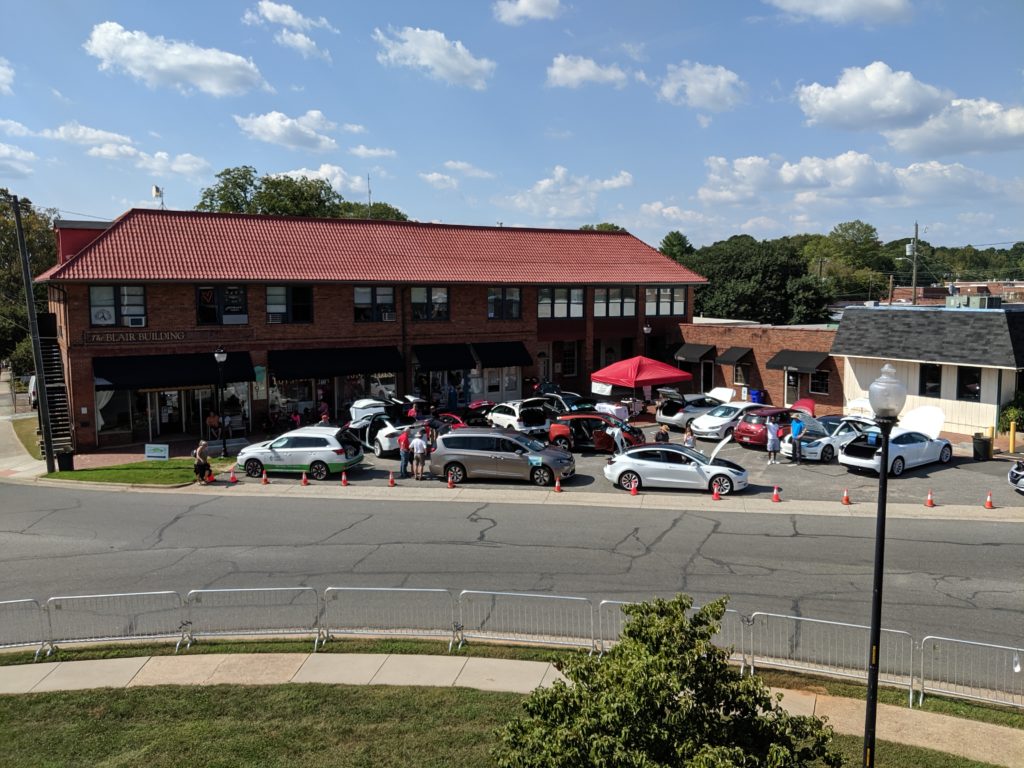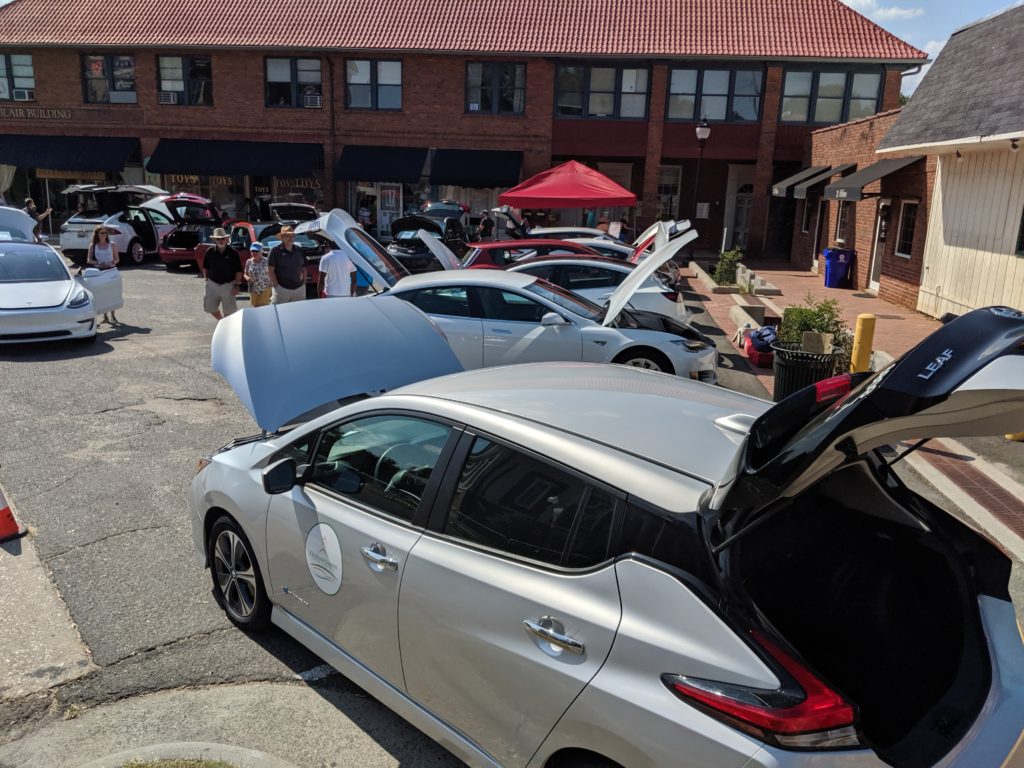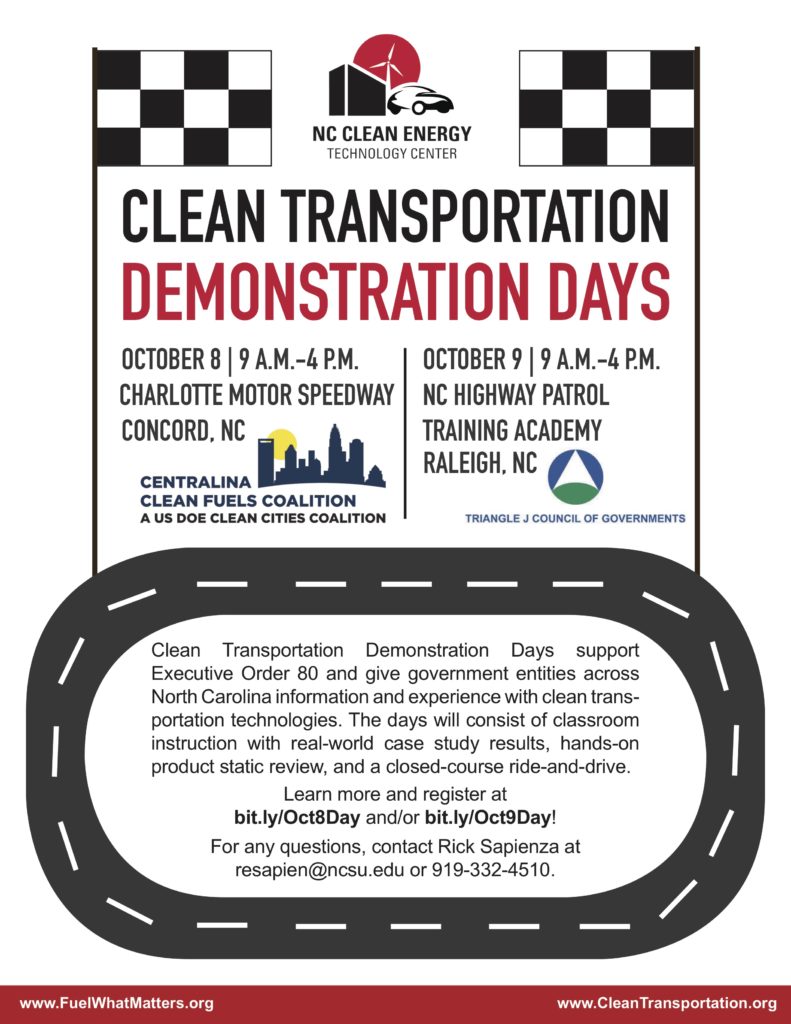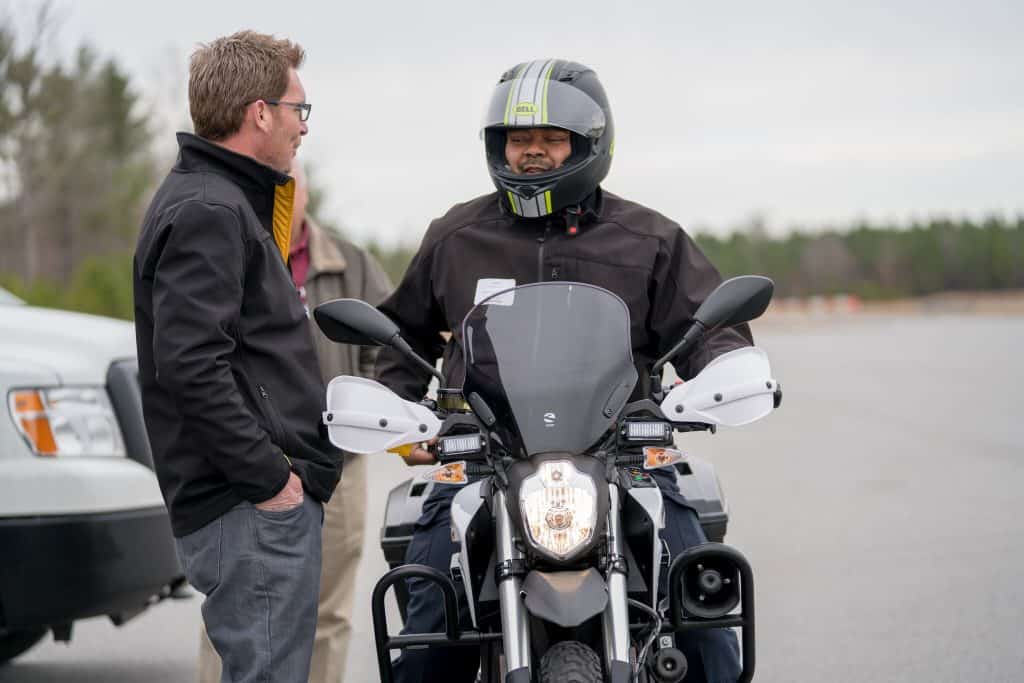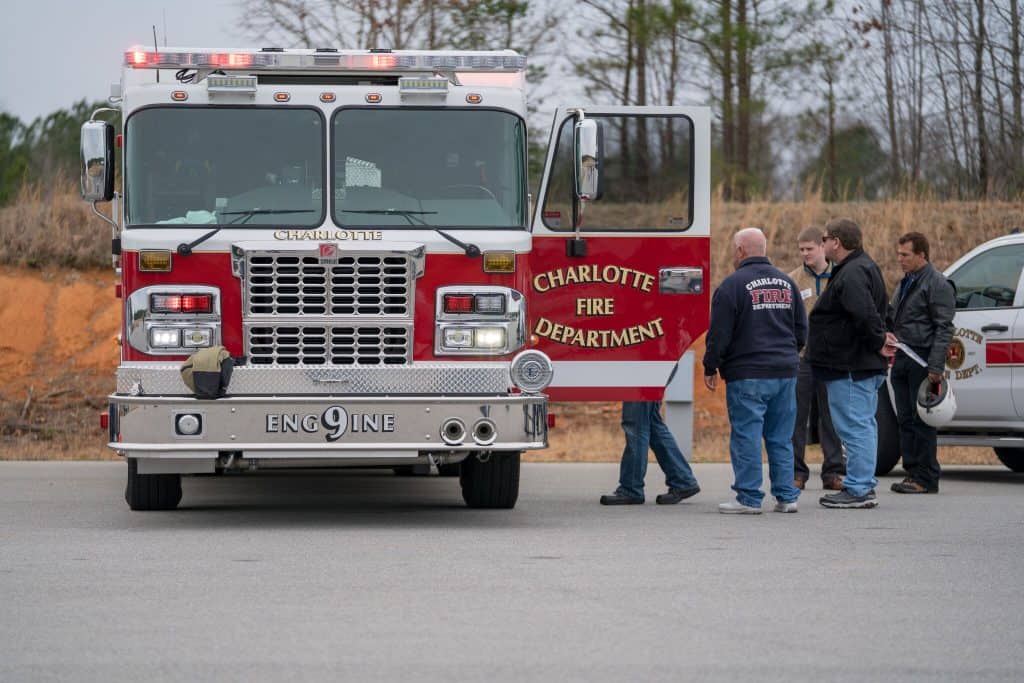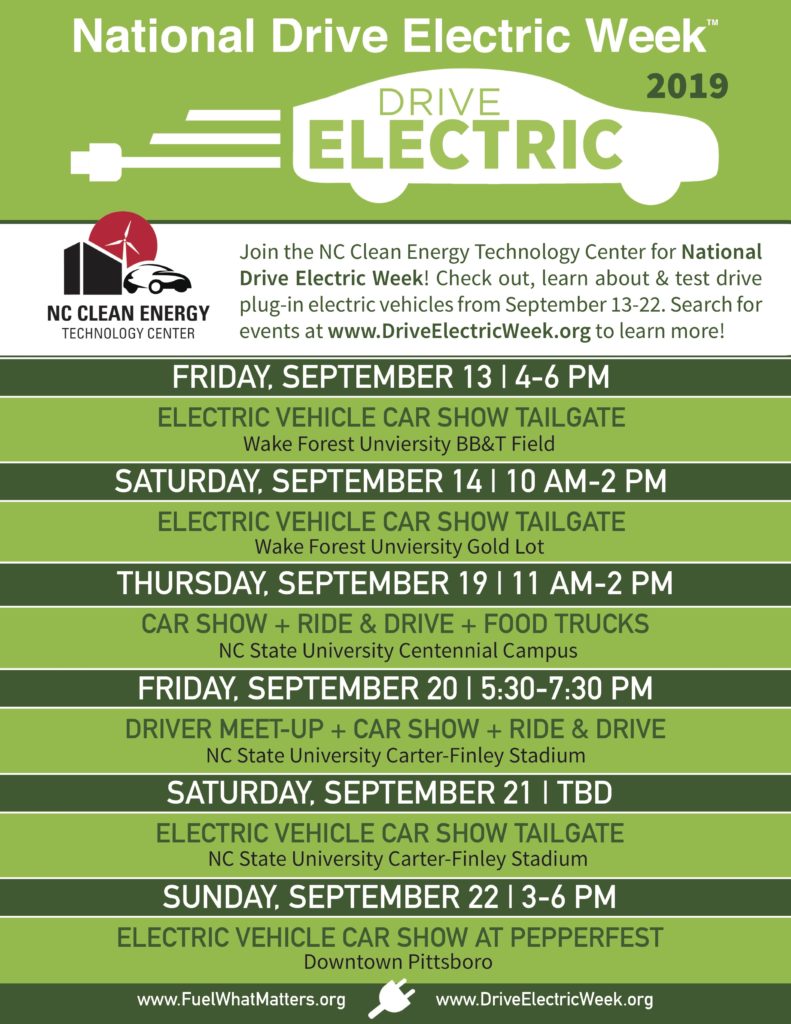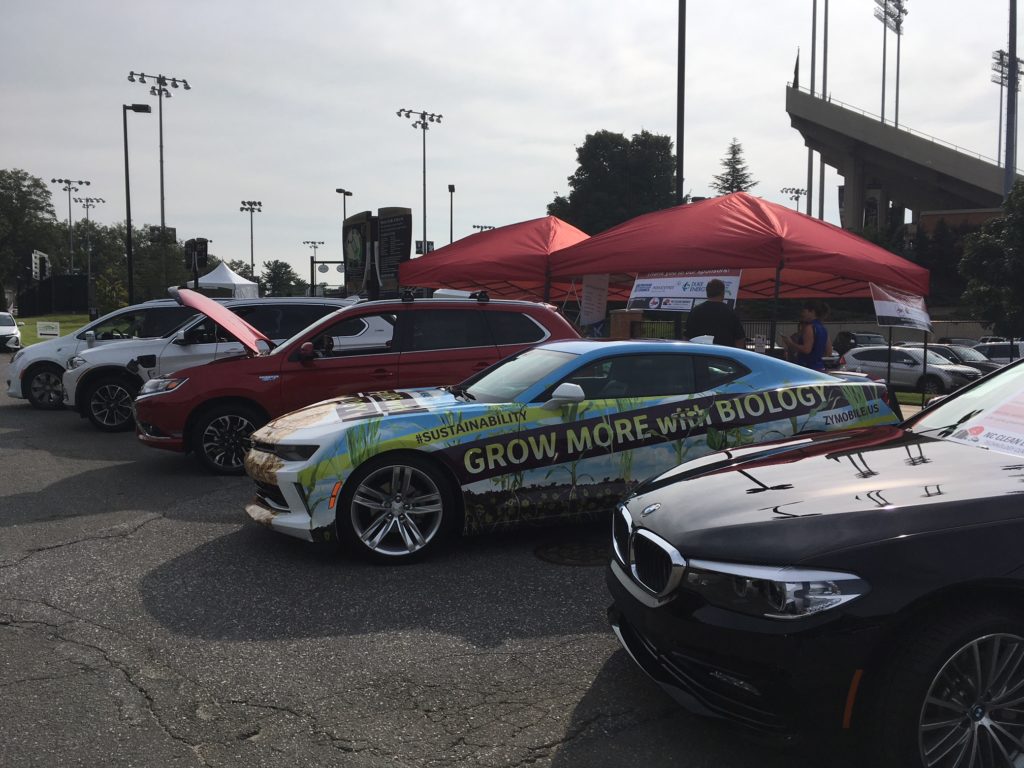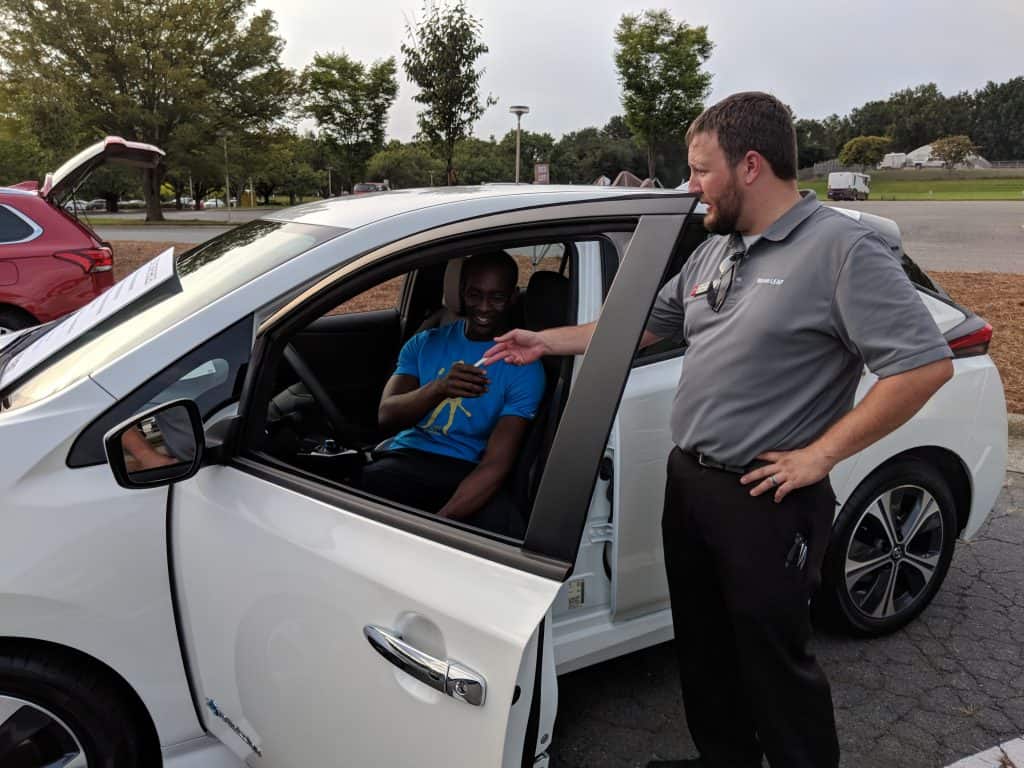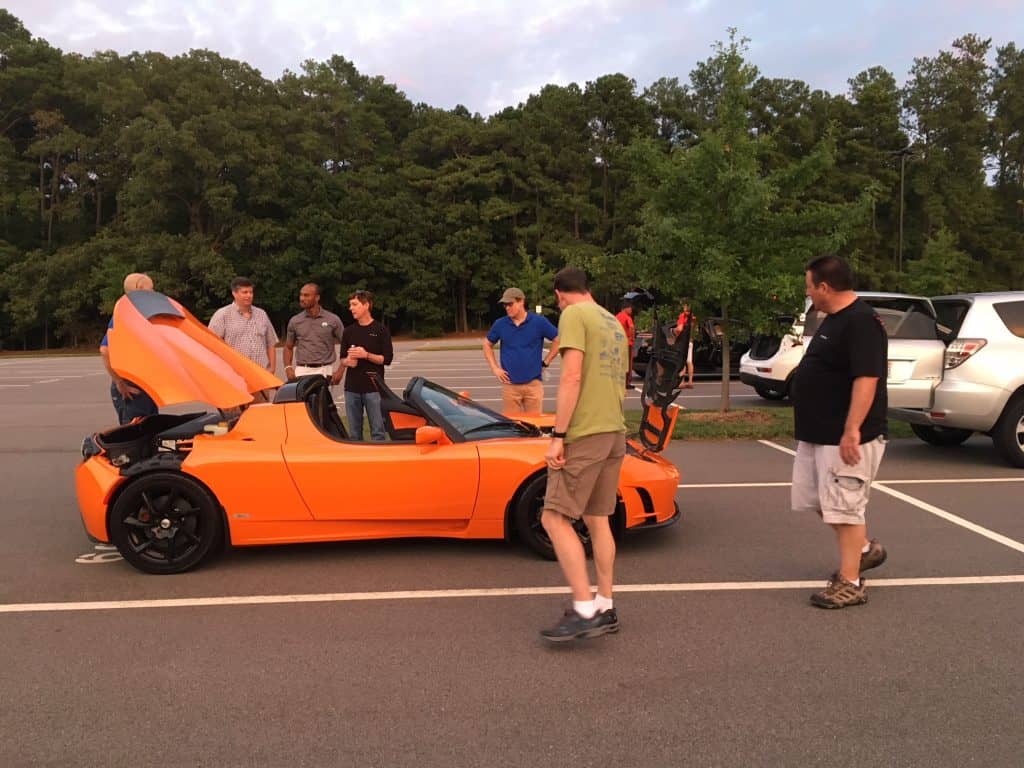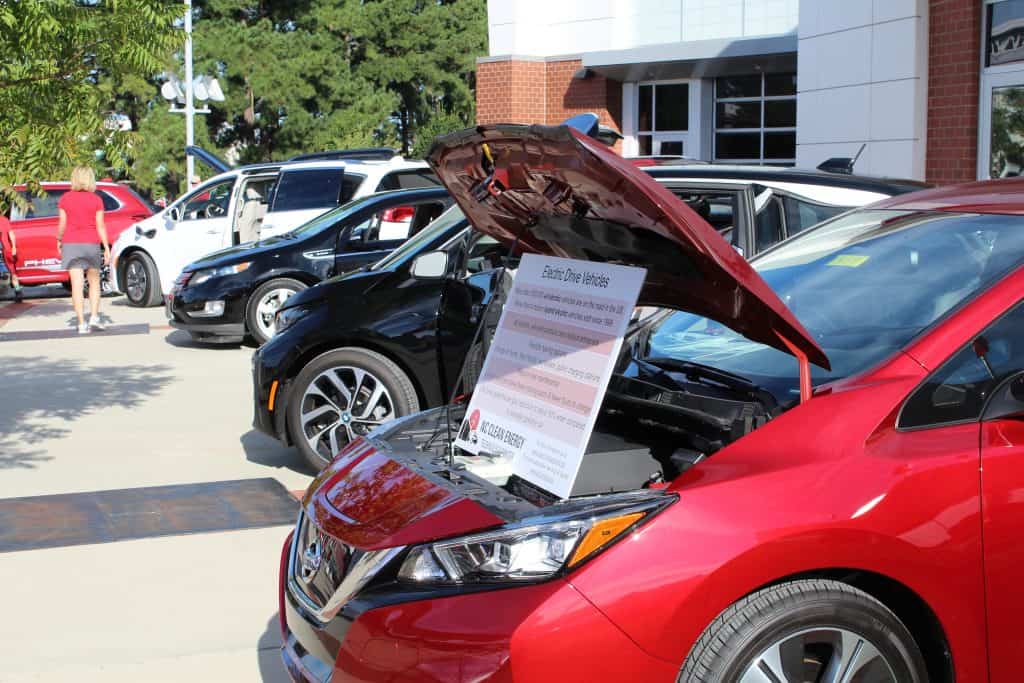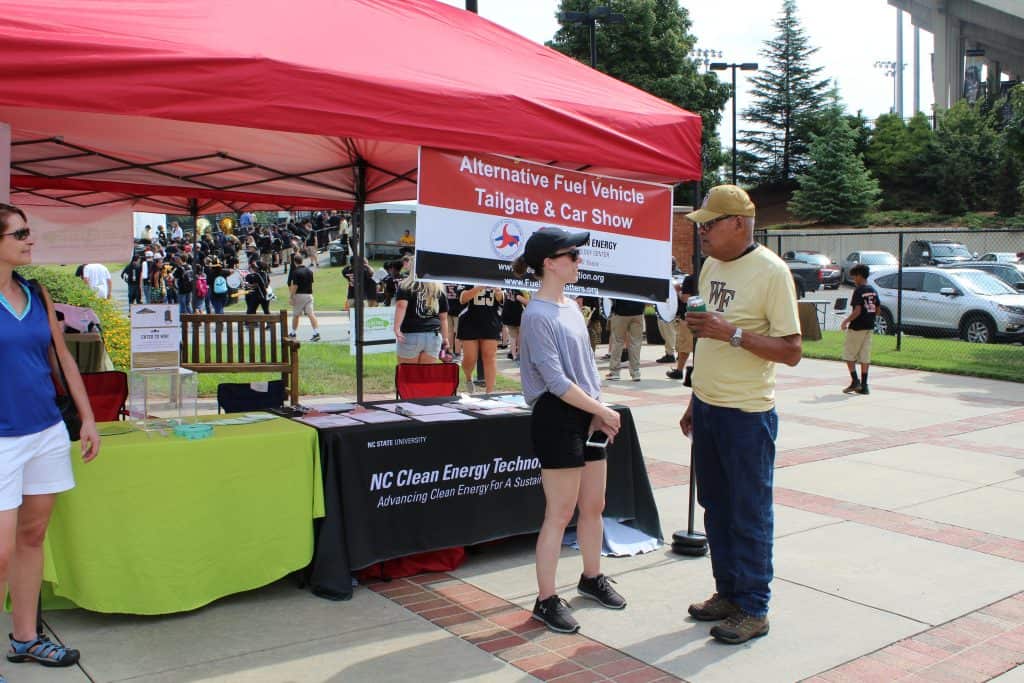Electric vehicles are gaining popularity as the cost of batteries continues to decrease, and many are beginning to gravitate towards them to not only help save the environment but also to help them save money. Electric vehicles (EVs) are transforming the automotive industry worldwide, with global sales increasing by 43 percent in 2020.

Today, EVs offer many more advantages than just helping drivers decrease their carbon emissions. ”There are numerous purely automotive reasons to electrify, including noise, vibration and harshness, driver feel, packaging flexibility and acceleration performance,” Dave Erb, a retired automotive engineer who has been driving an EV since 2016, noted.
A study by the University of California Berkeley (UCB) found that electric heavy-duty trucks are already cheaper to own and operate than an internal combustion engine (ICE) truck, and light-duty EVs will hold a total cost of ownership advantage within the next five years.
UCB is not the only observer predicting lower prices, Bloomberg New Energy Finance published their prediction last year that EVs will reach up-front price parity, without subsidies, directly competing with prices for internal combustion vehicles by the mid-2020s.
EVs require less expensive and less frequent maintenance and offer high quality performance, known for operating smoothly and quietly while also providing more torque and agility while driving. “By most measures, EVs are just better vehicles, so the decision to drive them kind of makes itself,” Erb said.

Although some believe recharging EVs is more troublesome than refueling at a gas station, many EV drivers actually find it to be more convenient. Chris Maxwell purchased his first EV in 2016 and drives up to 30,000 miles every year. “The great thing about an EV is you can unplug a soda machine at any old gas station to charge – electricity is everywhere,” Maxwell explained. He doesn’t worry about the range, because he can easily find electricity to recharge.
Range can also be a concern for drivers to switch to electric vehicles, but average electric vehicle range continues to increase while the price of all models continues to decrease. The UCB study states, “In the near future, when the average EV range increases, nearly 98 percent of all daily trips can be taken on a single charge.” By 2025, a number of EV models will be able to provide a range of 350 miles on a single charge, the same average range of light-duty ICE vehicles.
Drivers who purchase an EV are also eligible for tax credits and incentives for making the green choice. Many electric and plug-in hybrid vehicles purchased new are eligible for a federal income tax credit of up to $7,500. In North Carolina and many other states, qualified EVs may use HOV or carpool lanes, regardless of the number of occupants, allowing them to bypass high congestion traffic areas.
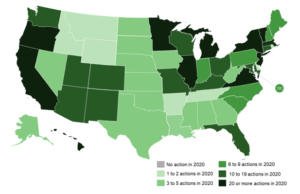 The Database of State Incentives for Renewables and Efficiency (DSIRE), maintained by NC Clean Energy Technology Center (NCCETC)’s Energy Policy & Markets team, reported that 50 states plus the District of Columbia took a total of 598 policy and deployment actions related to EVs and charging infrastructure in 2020. Their 50 States of Electric Vehicles 2020 Annual Review identified the top ten EV trends which included state policymakers adopting bold EV targets, encouraging charging infrastructure development at multi-family buildings and states & utilities offering additional incentives for low-income customers.
The Database of State Incentives for Renewables and Efficiency (DSIRE), maintained by NC Clean Energy Technology Center (NCCETC)’s Energy Policy & Markets team, reported that 50 states plus the District of Columbia took a total of 598 policy and deployment actions related to EVs and charging infrastructure in 2020. Their 50 States of Electric Vehicles 2020 Annual Review identified the top ten EV trends which included state policymakers adopting bold EV targets, encouraging charging infrastructure development at multi-family buildings and states & utilities offering additional incentives for low-income customers.
NCCETC Clean Transportation Specialist John Bonitz noted, “With EV’s already lower operational costs, and price-parity predicted with gas vehicles in the next couple years, electrification is an increasingly compelling consideration for many fleet owners.”
The future of EVs is bright as more and more automakers continue electrifying their vehicles. Electric pick-up trucks are on the horizon, too, with Tesla, Ford, Rivian, General Motors, GMC-Hummer, Lordstown Motors and more expected to release models in the next few years.

